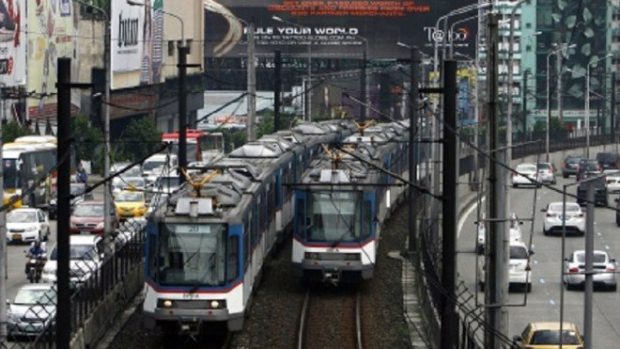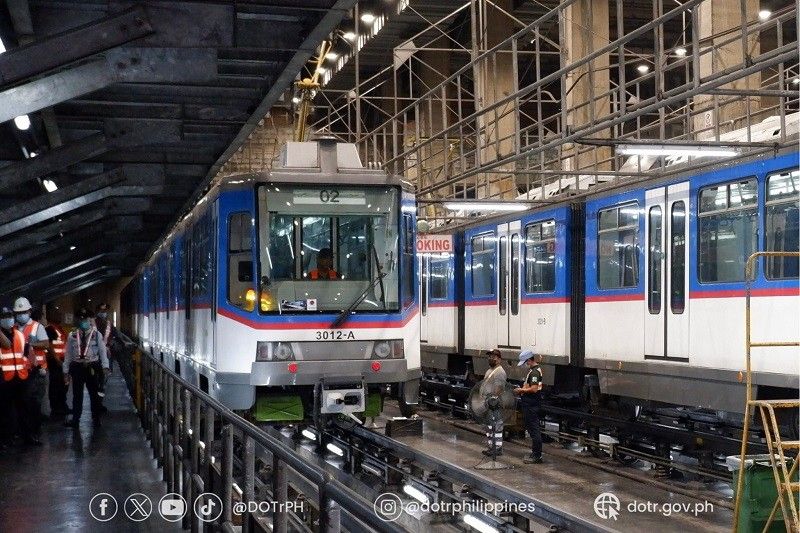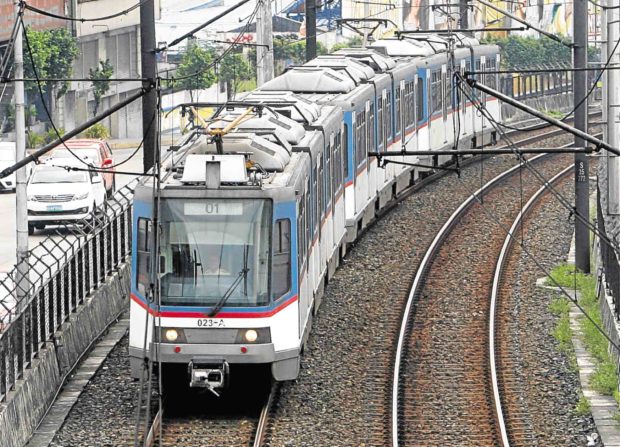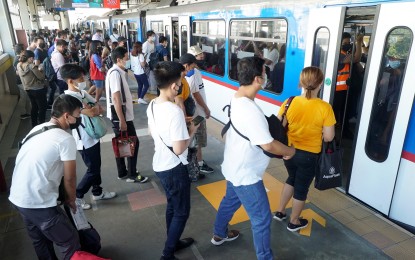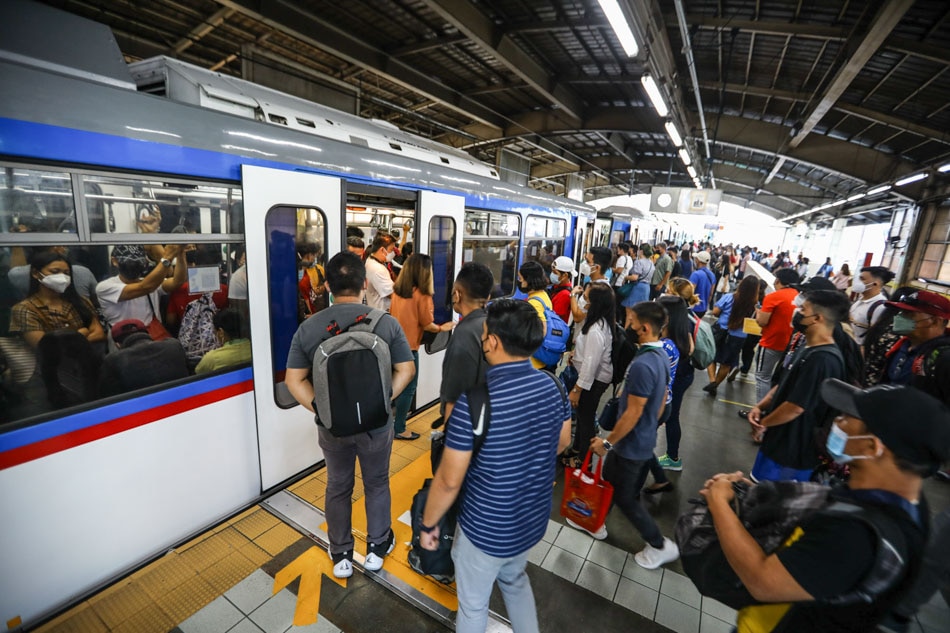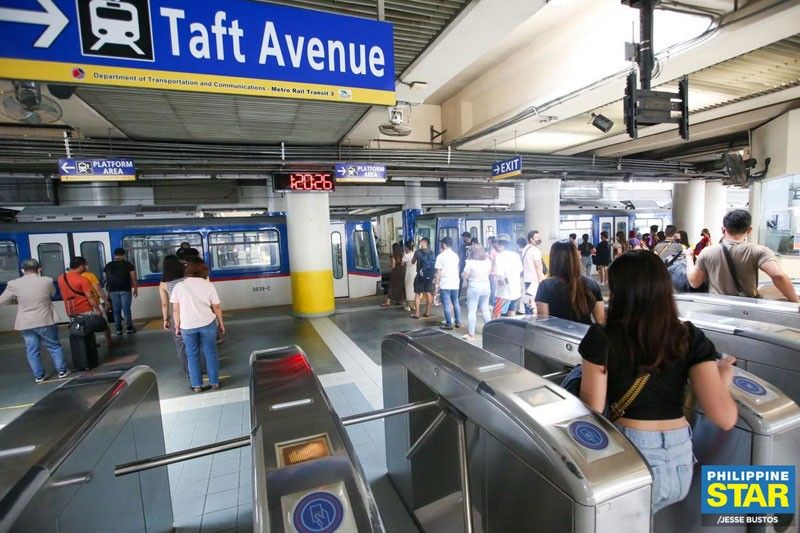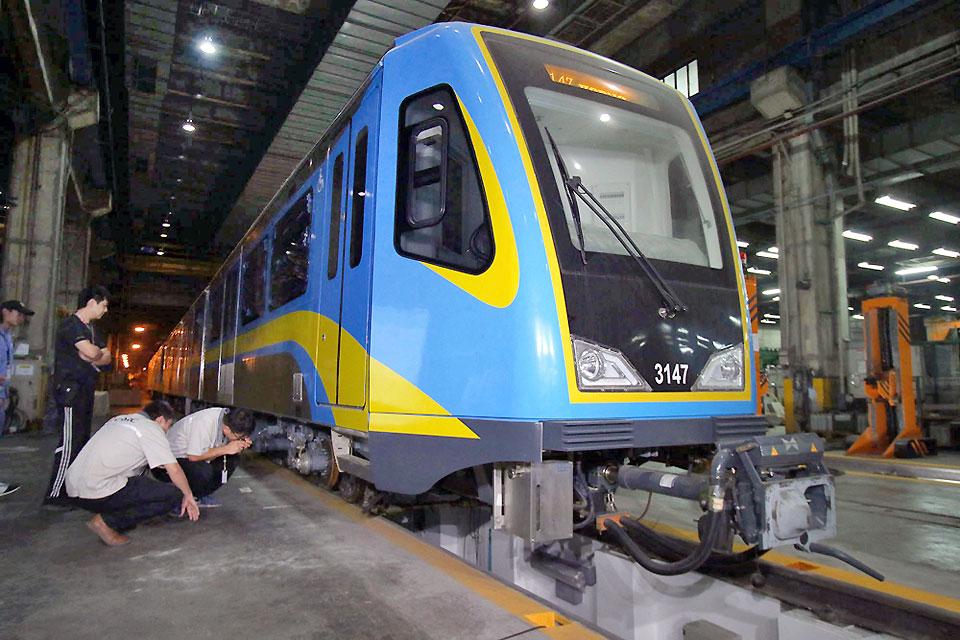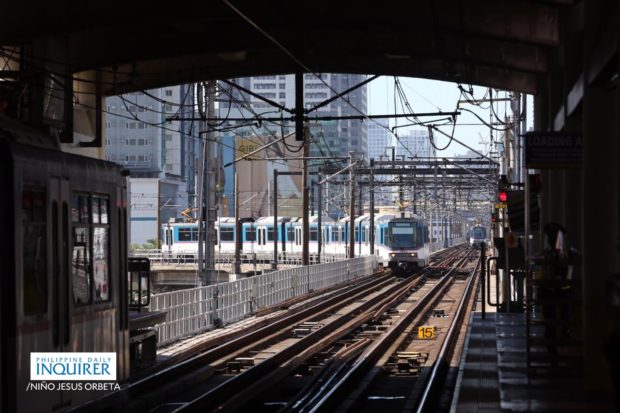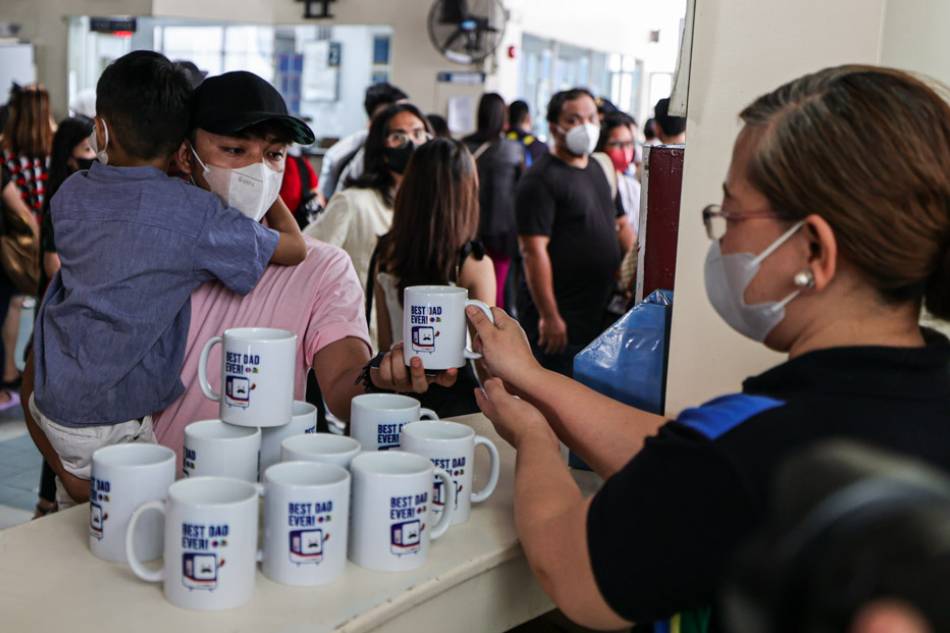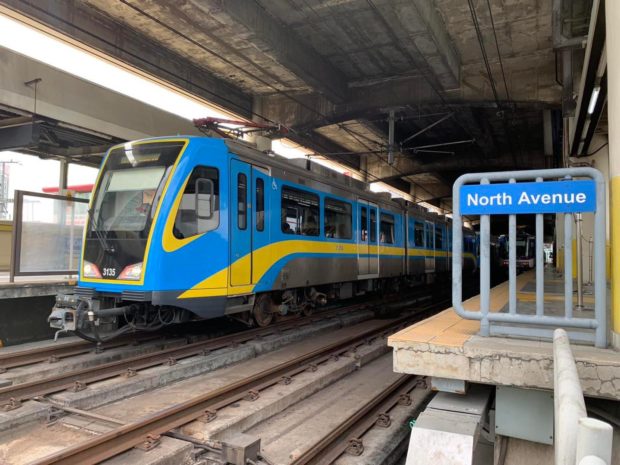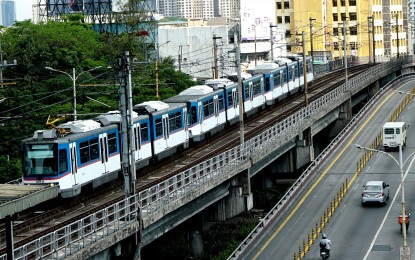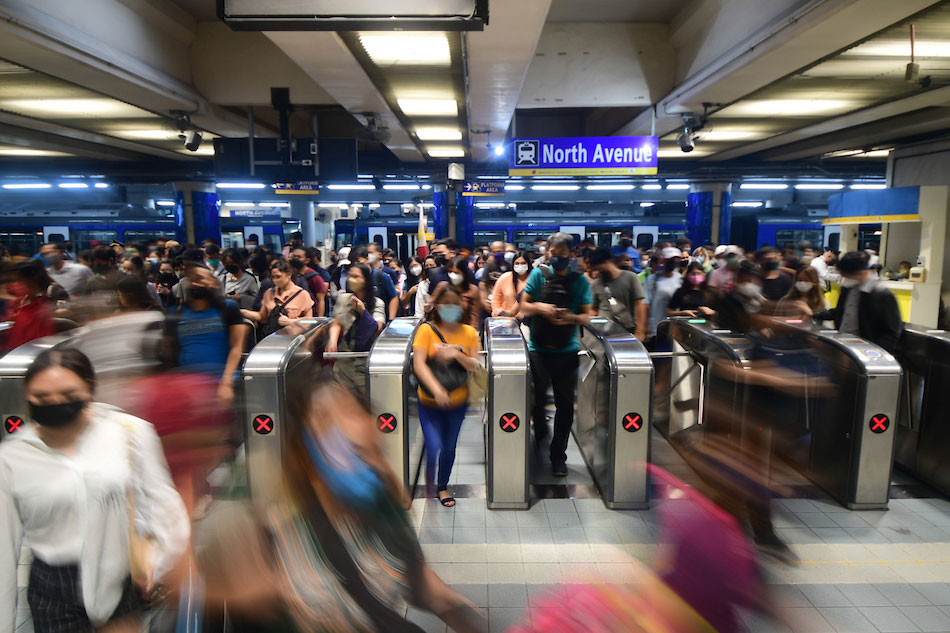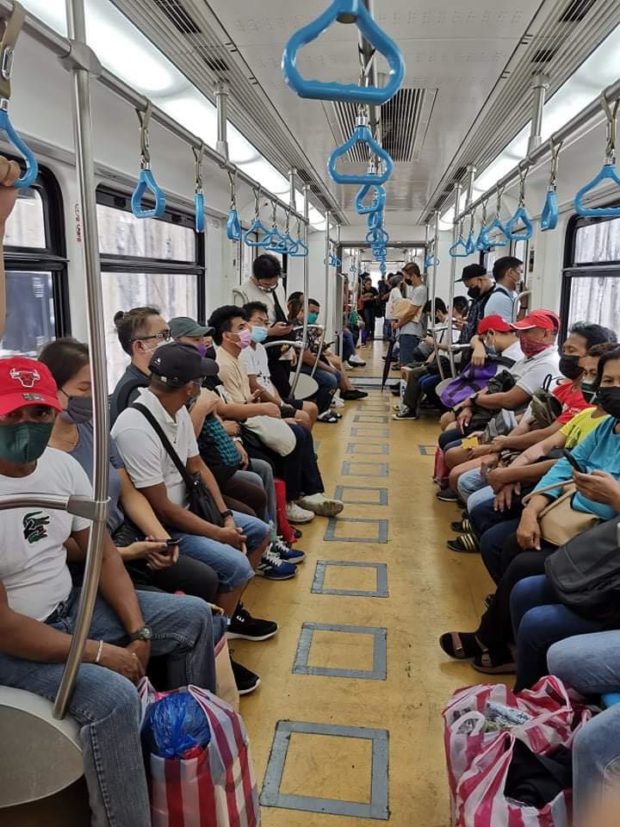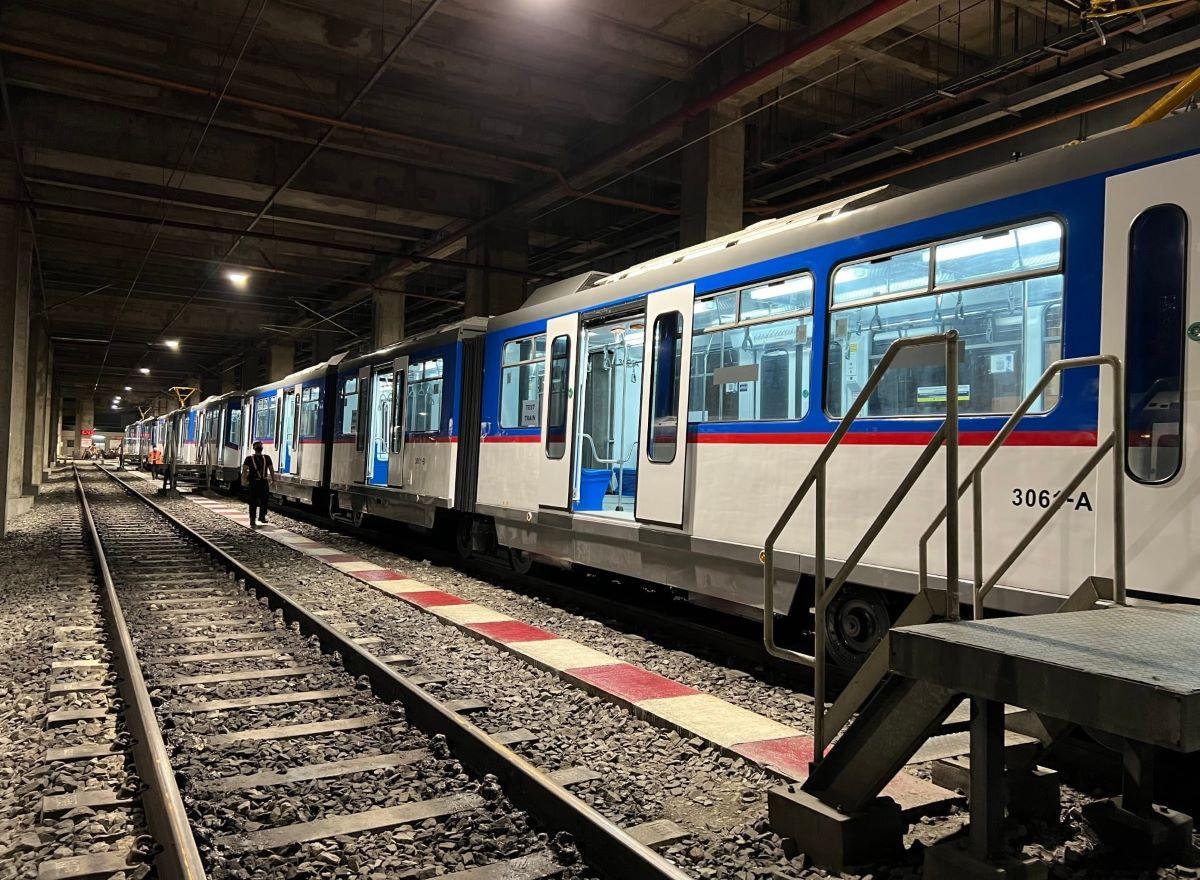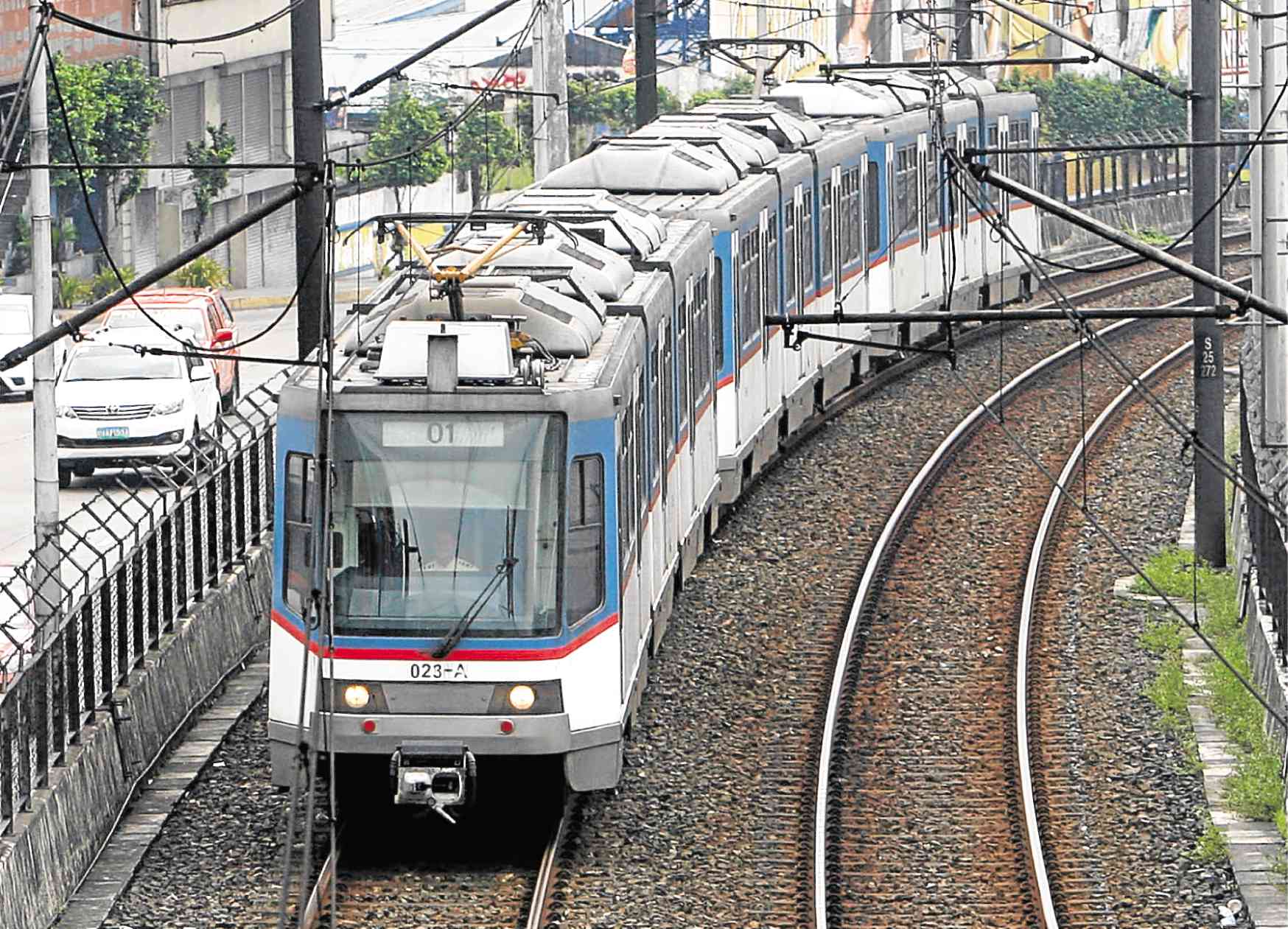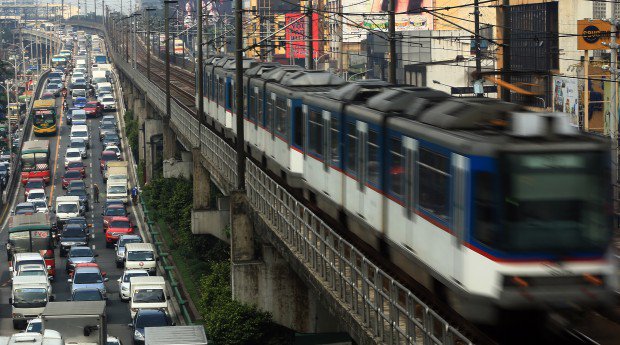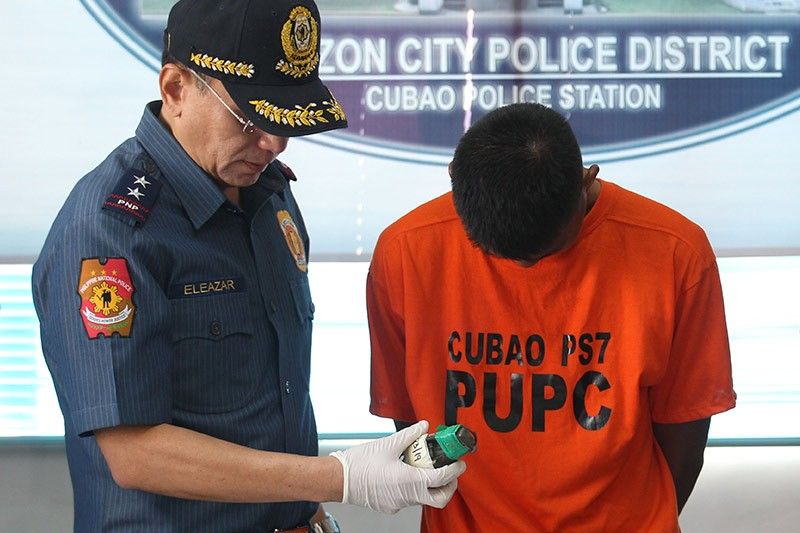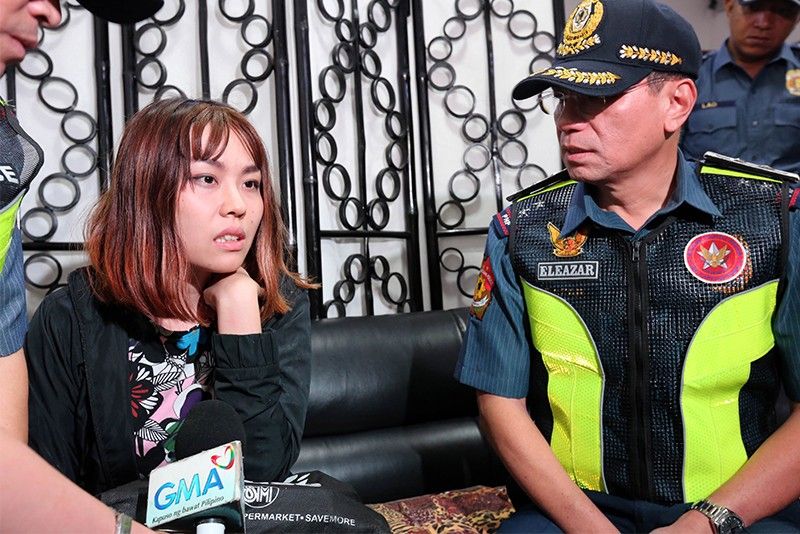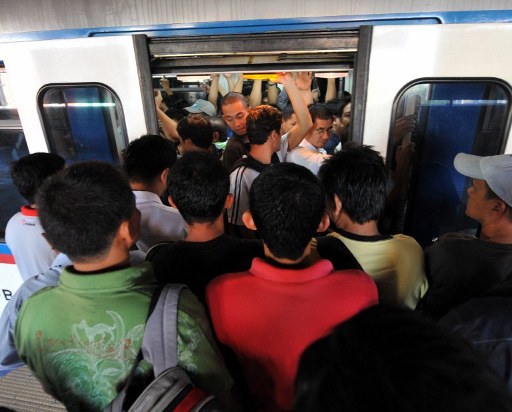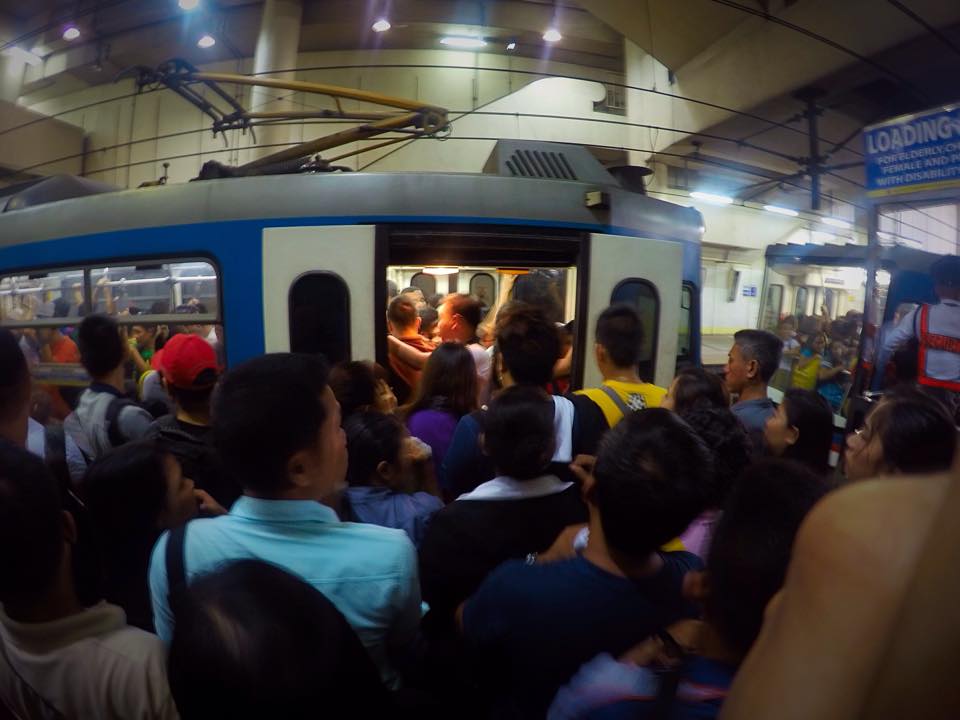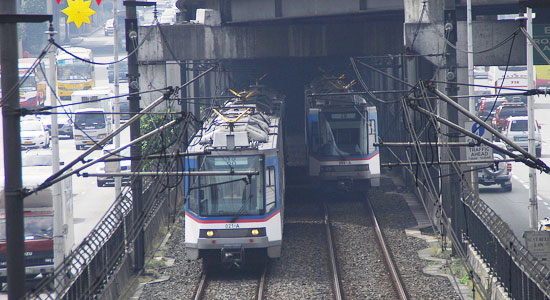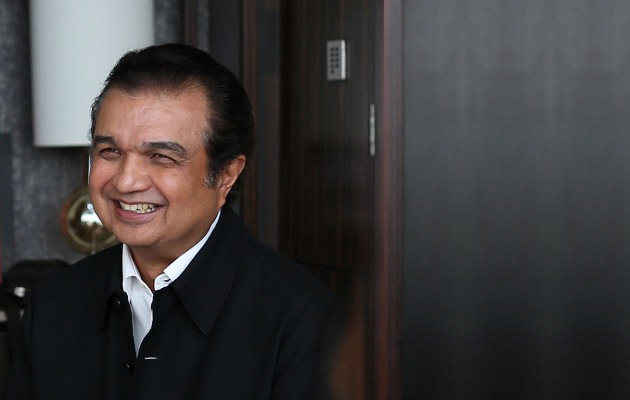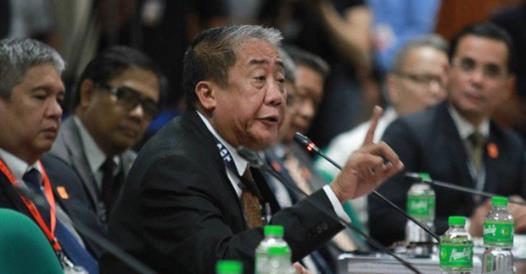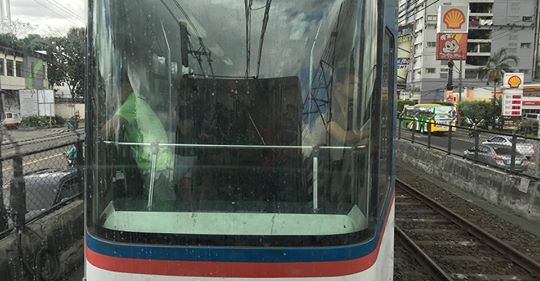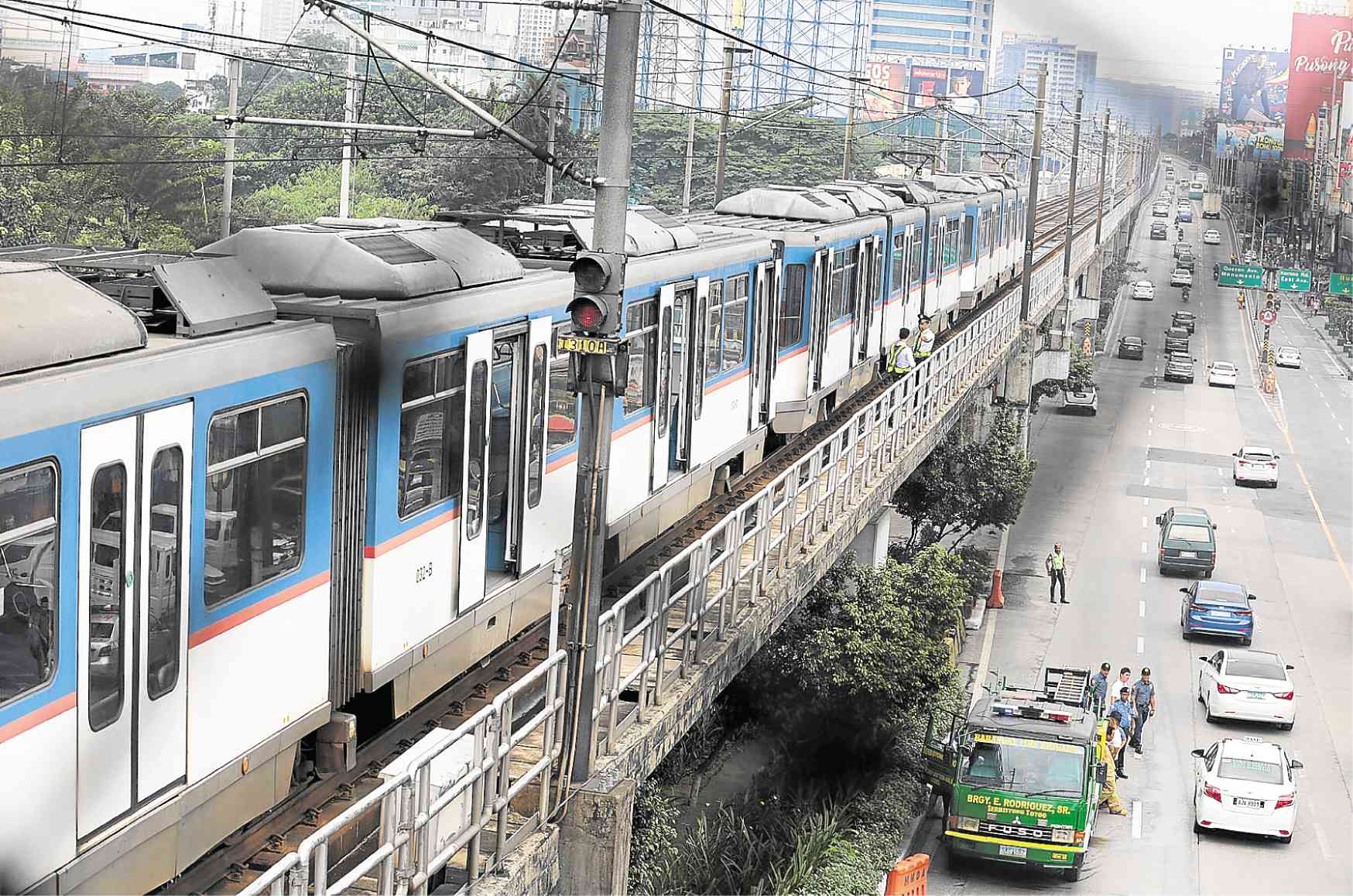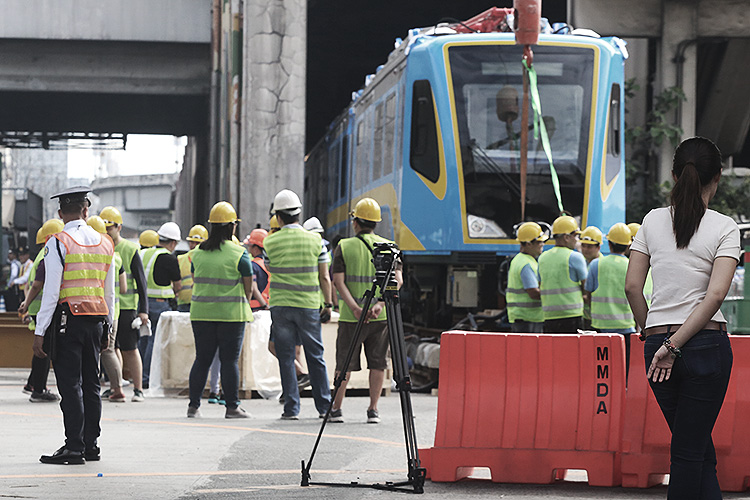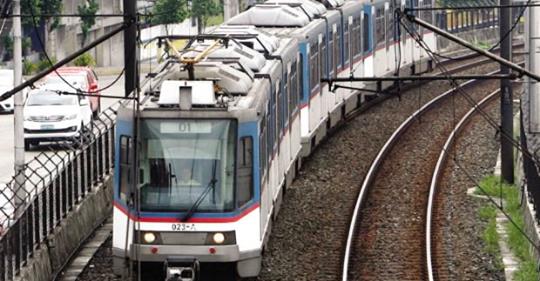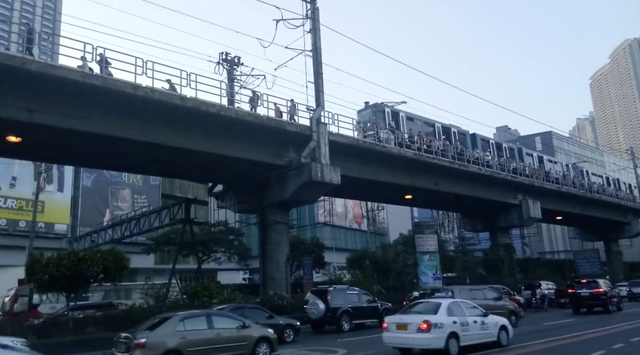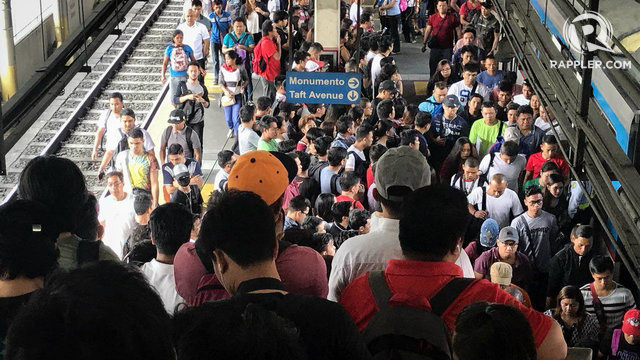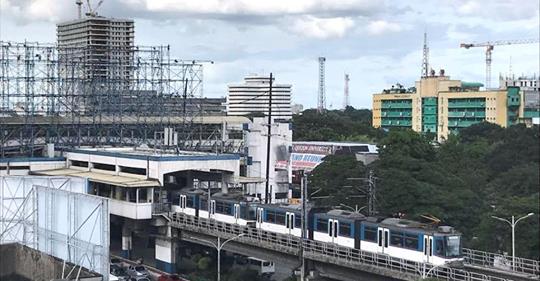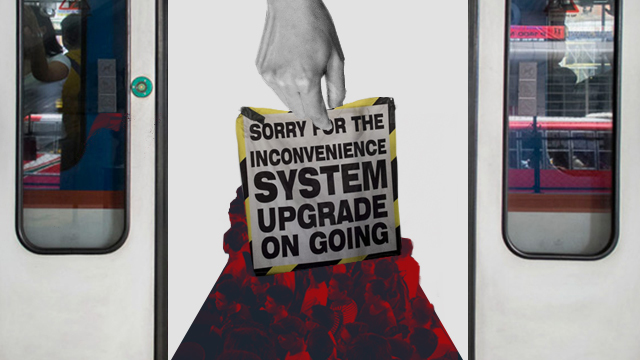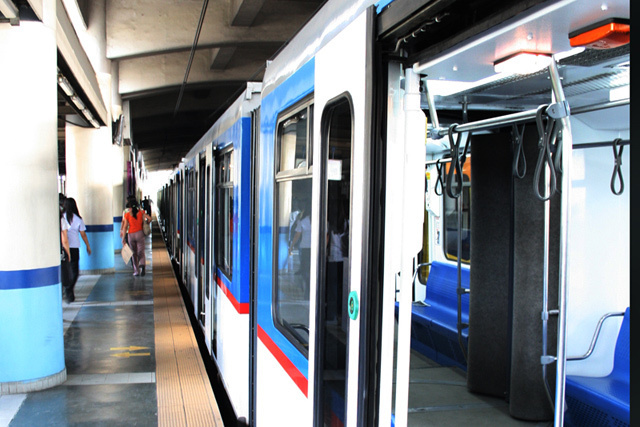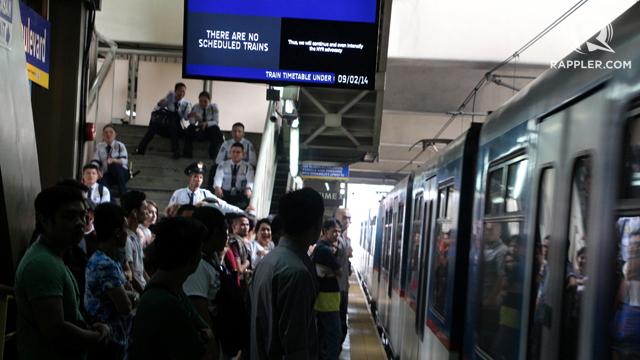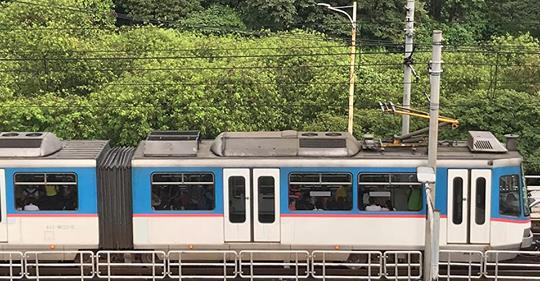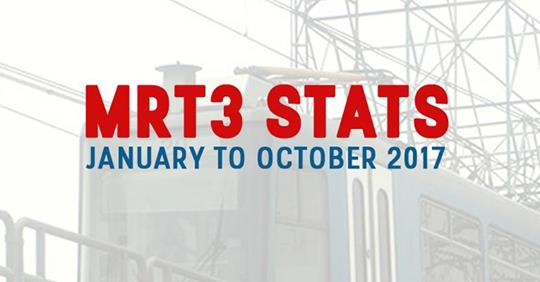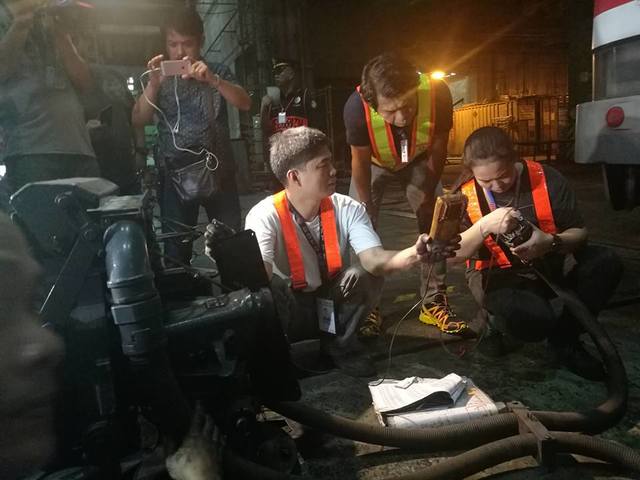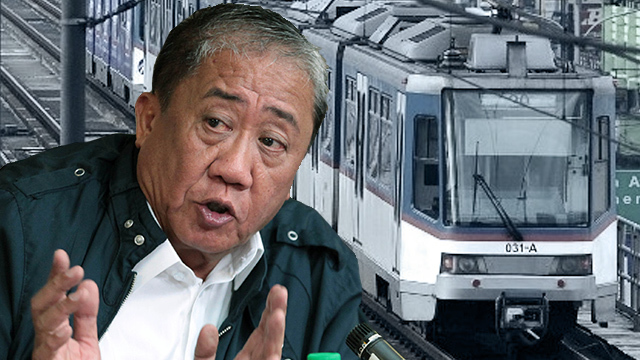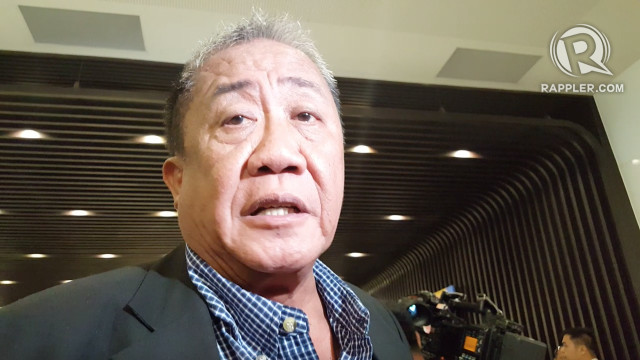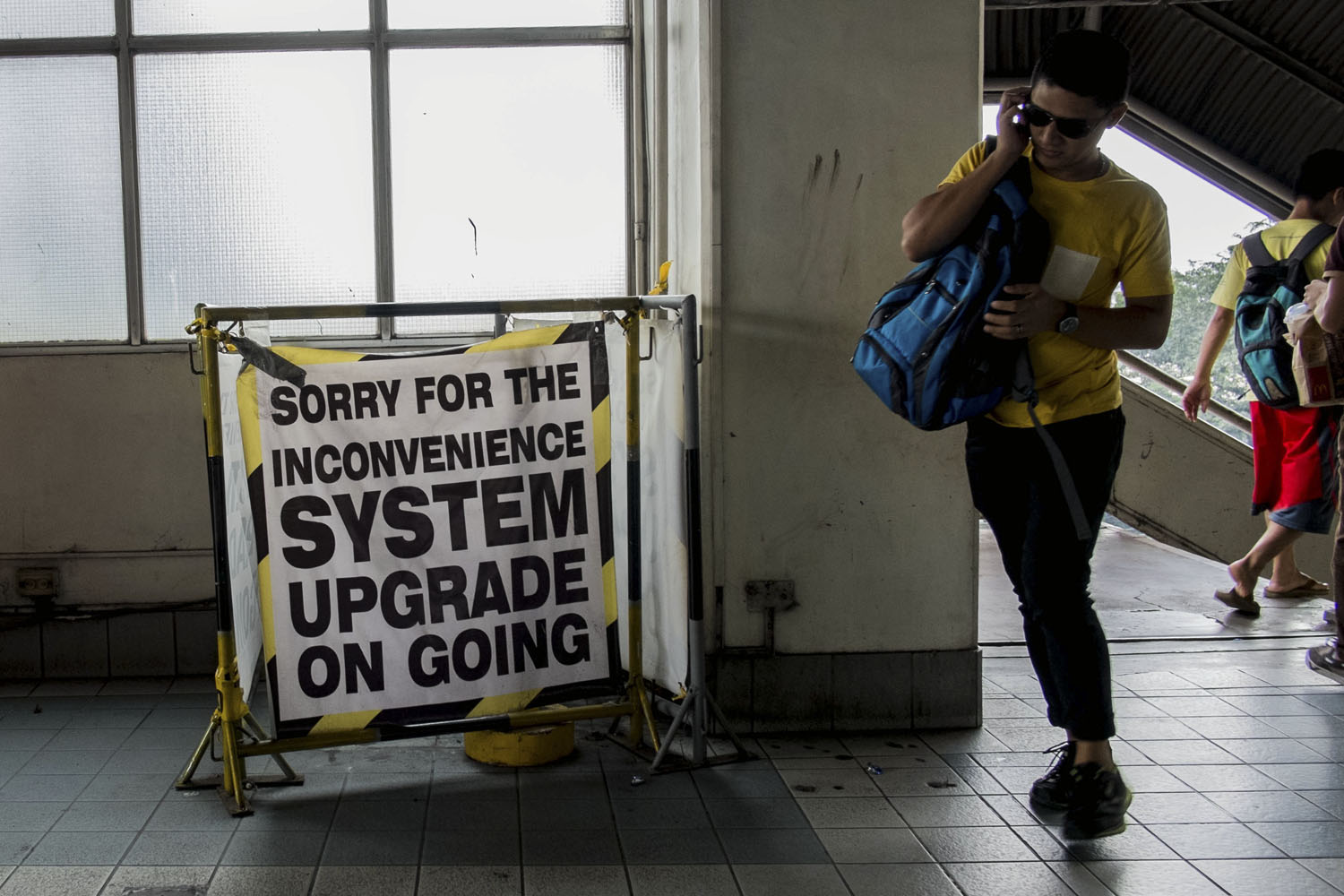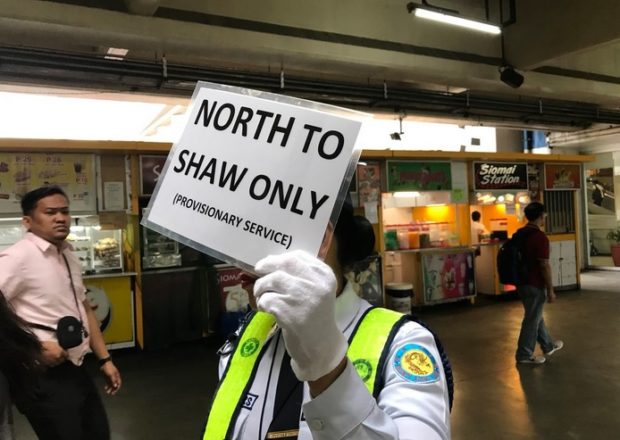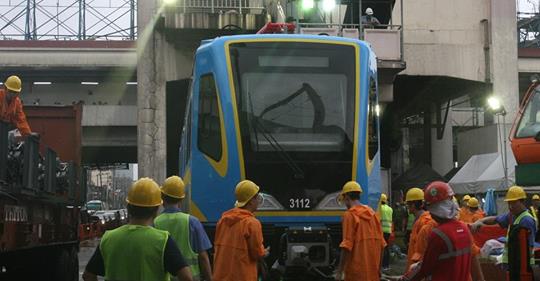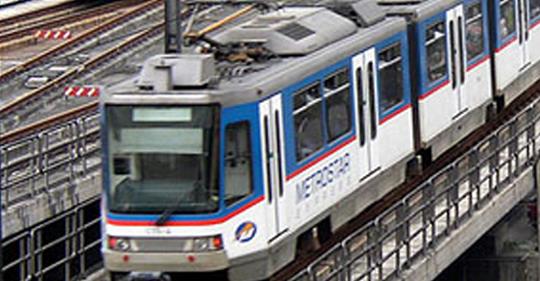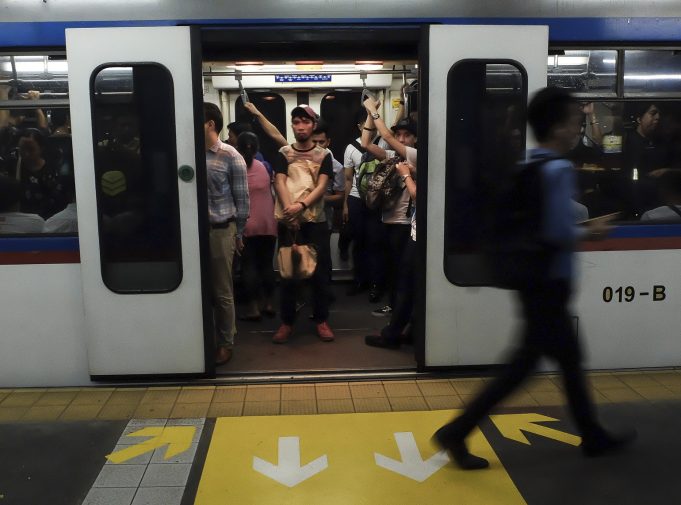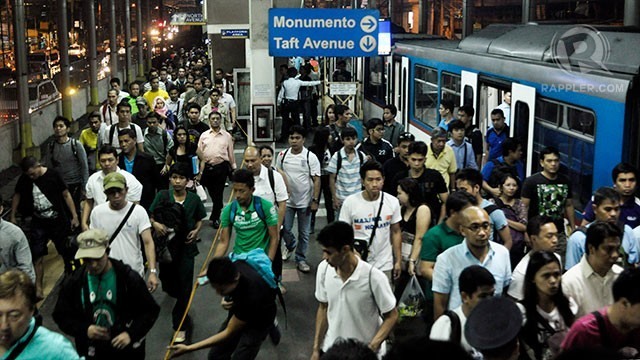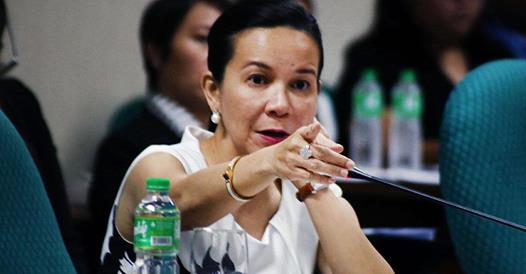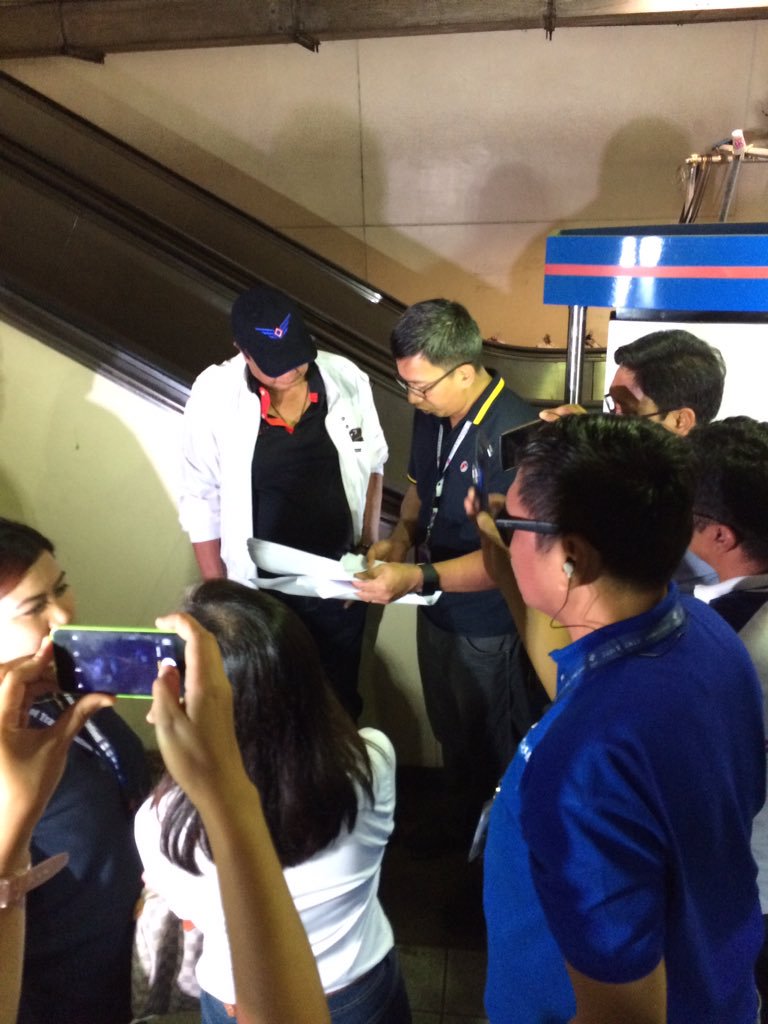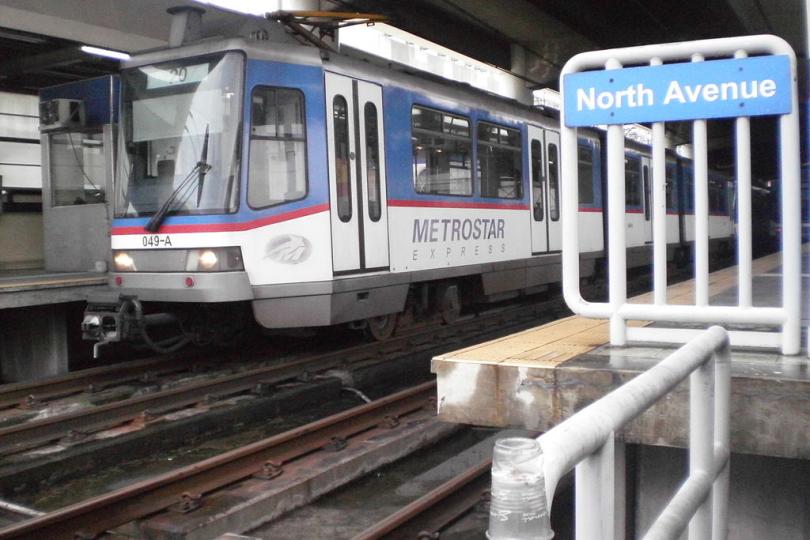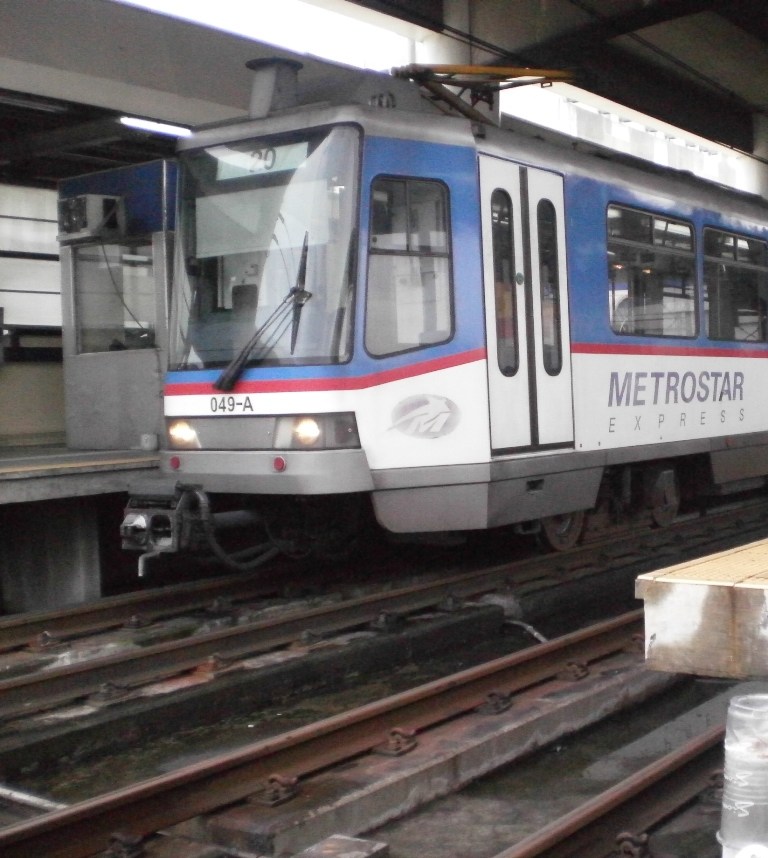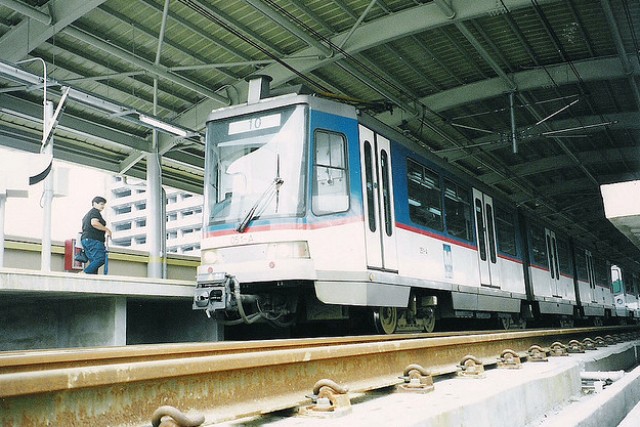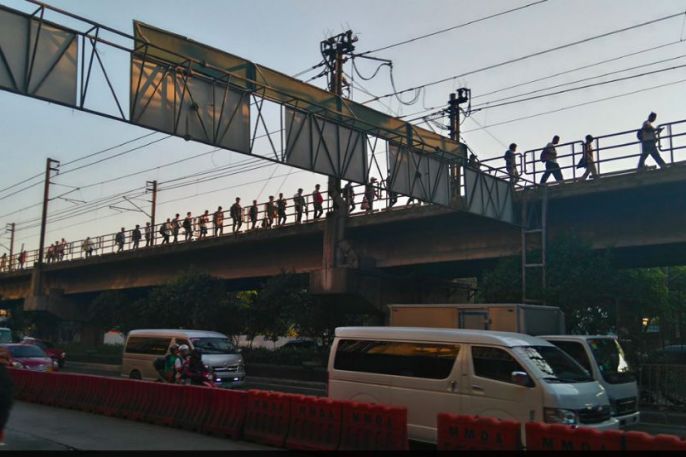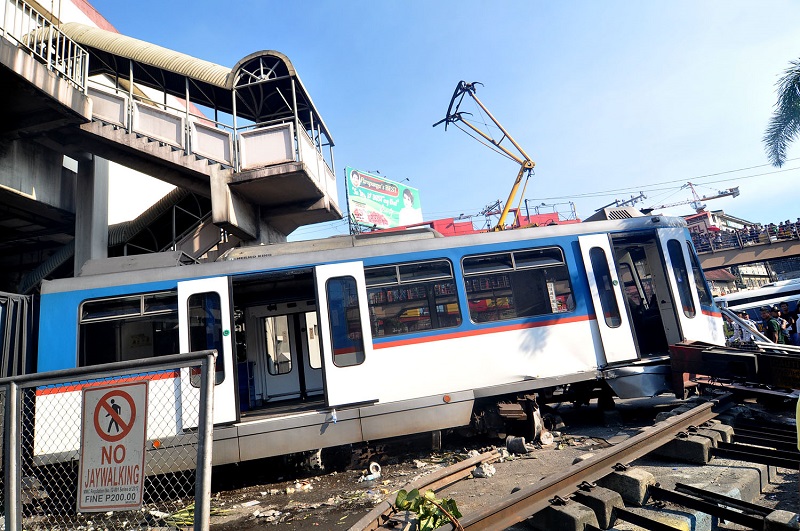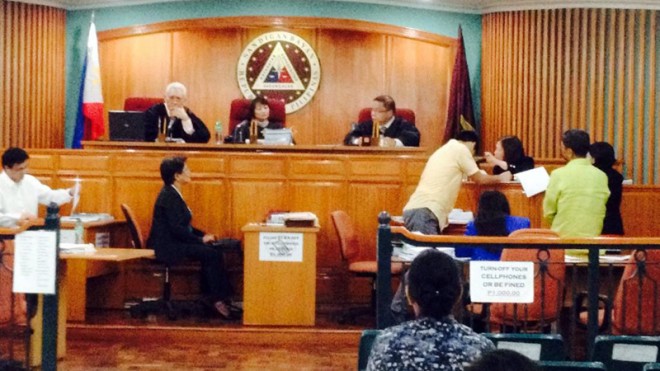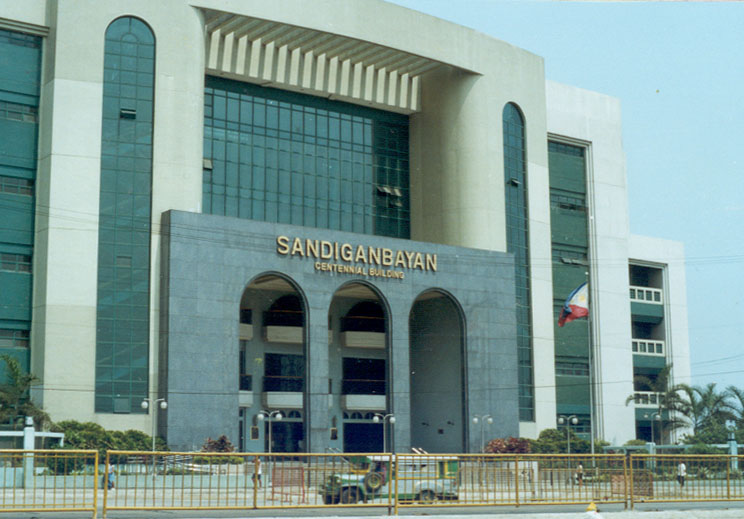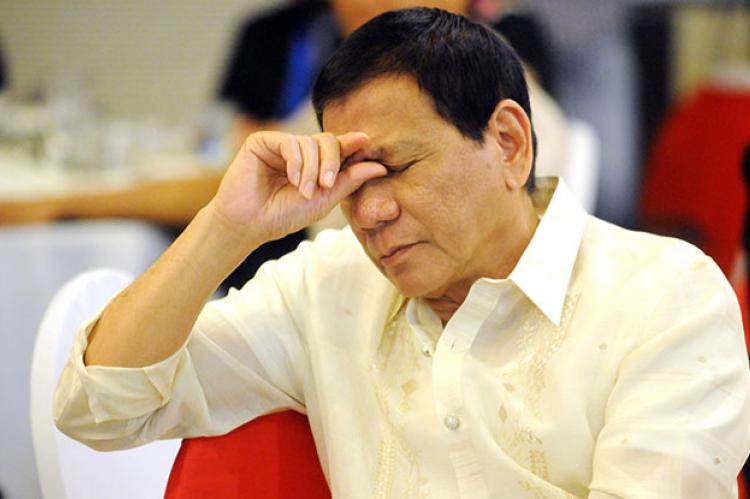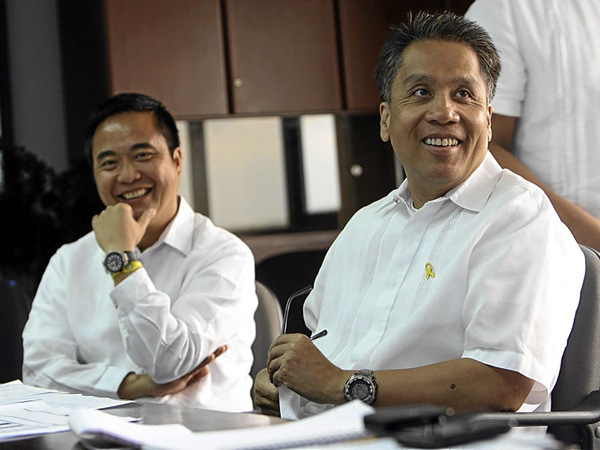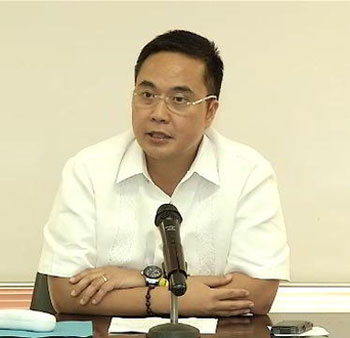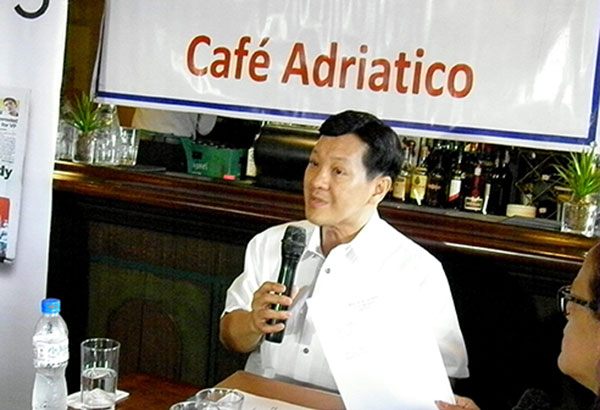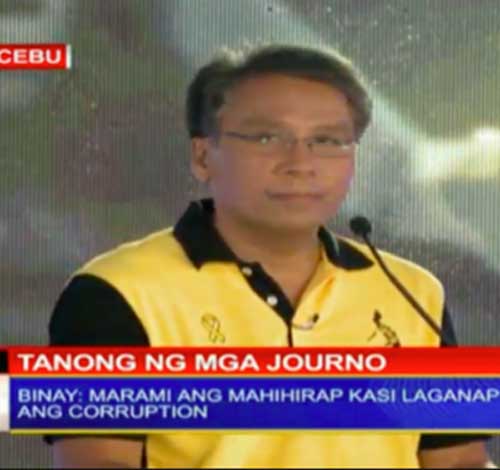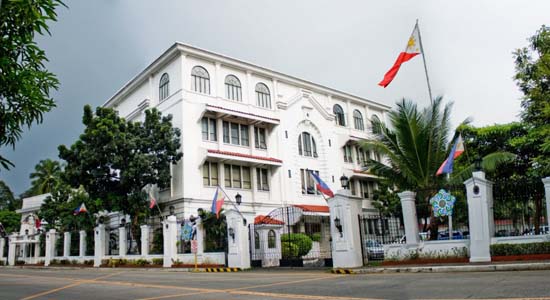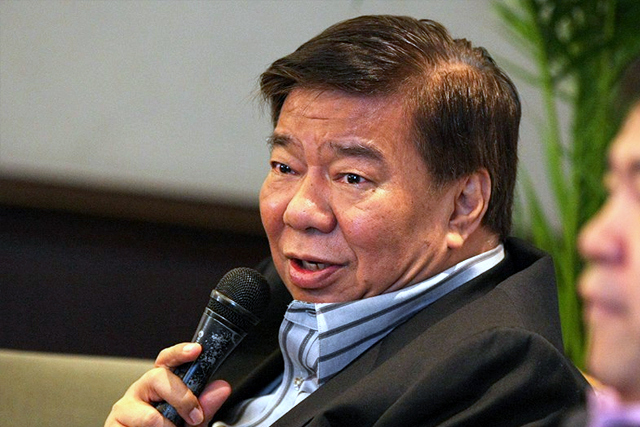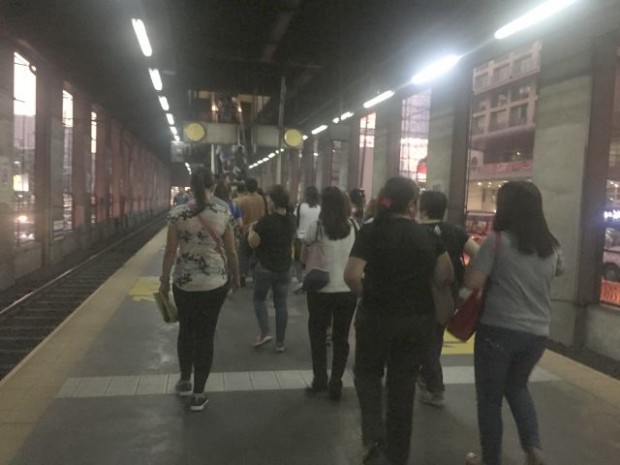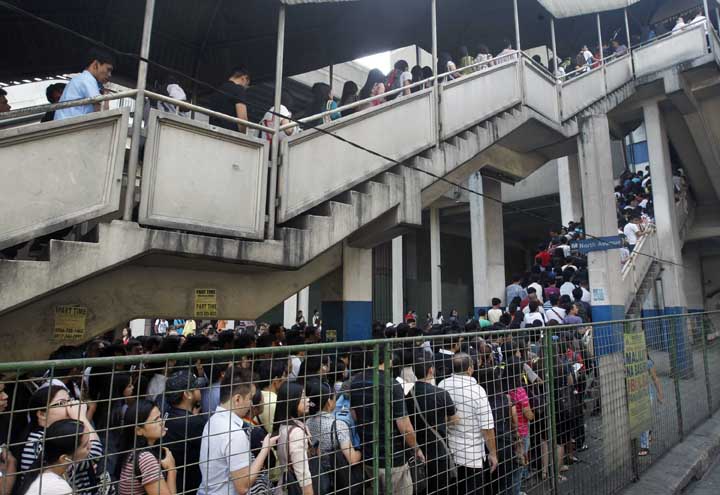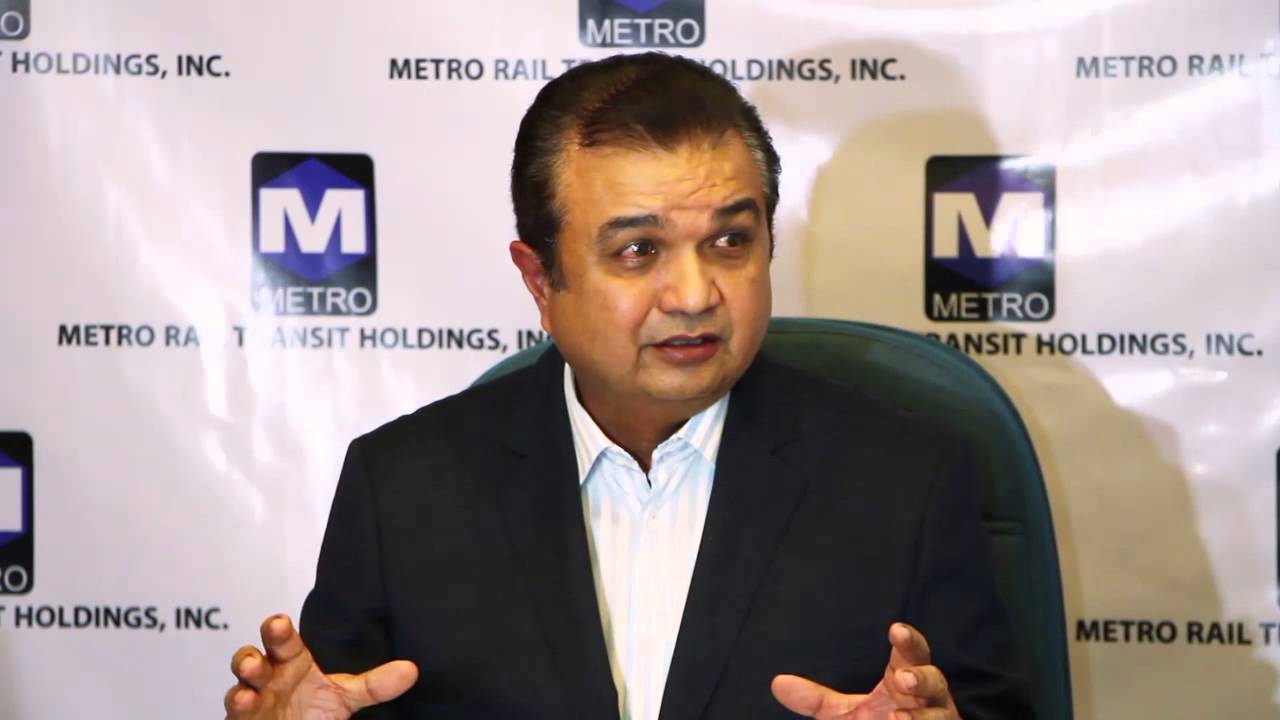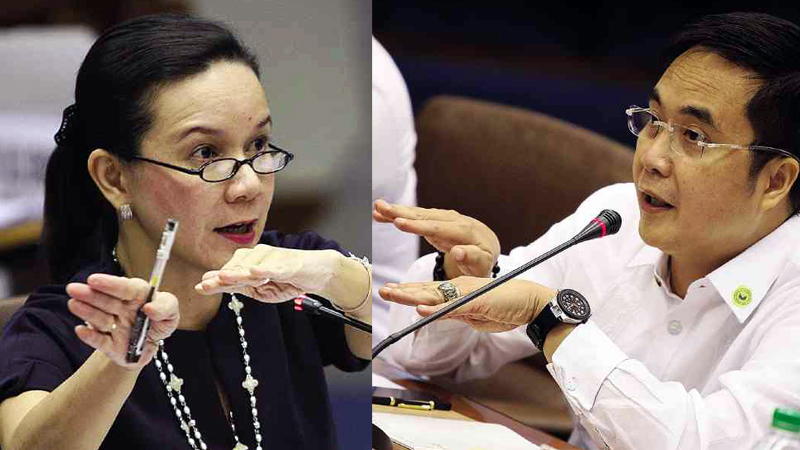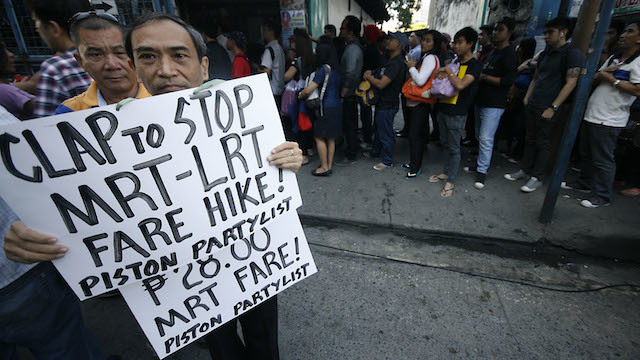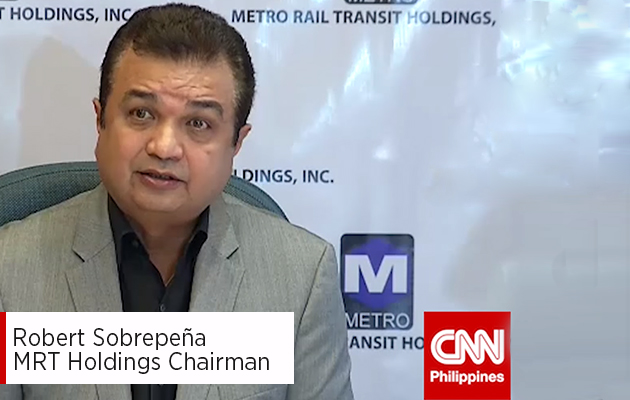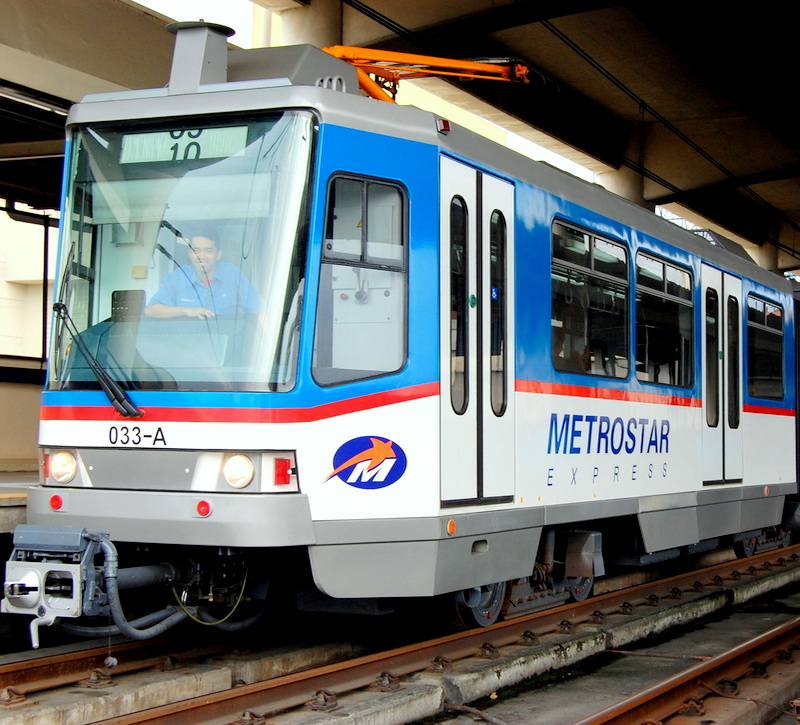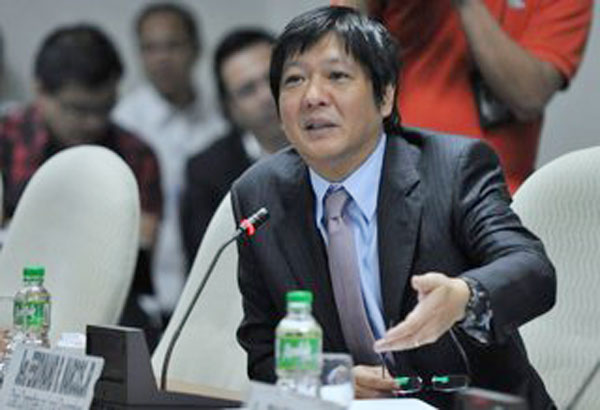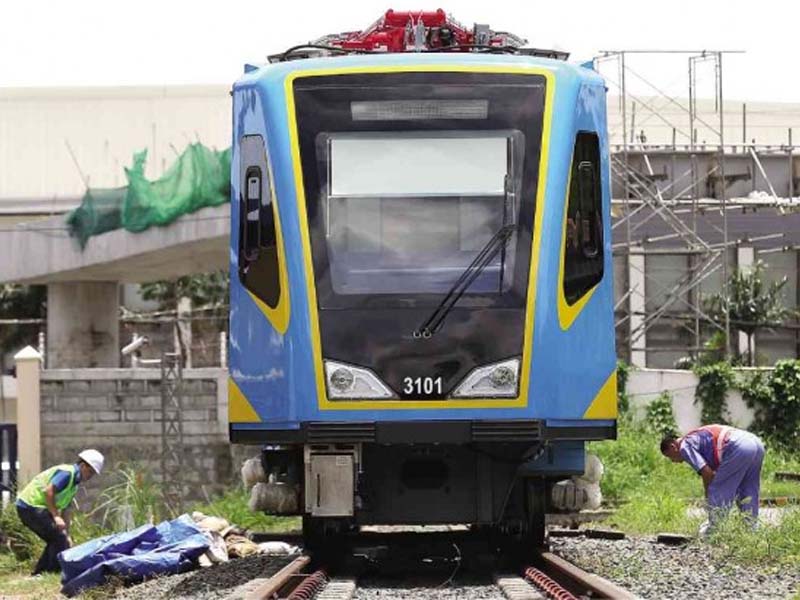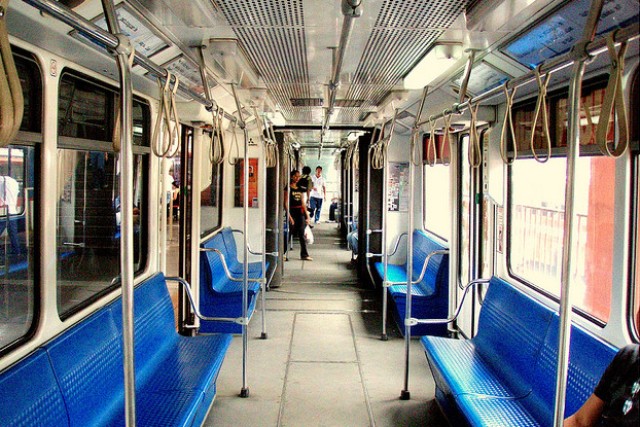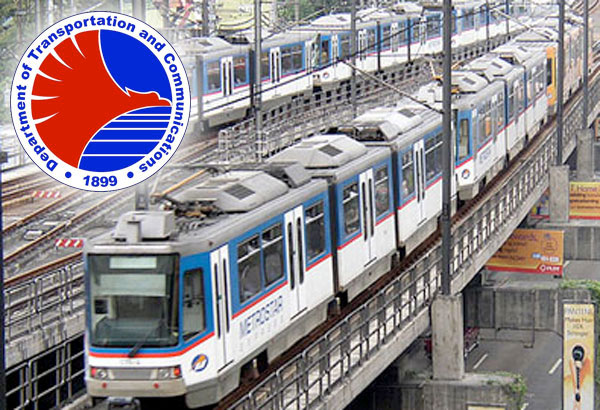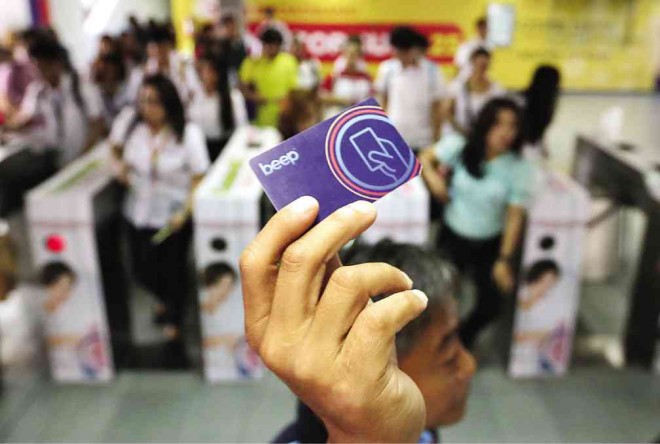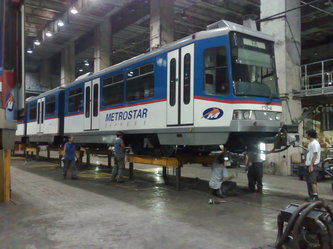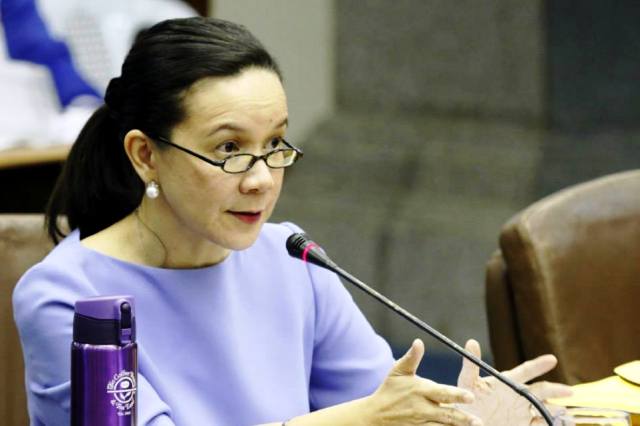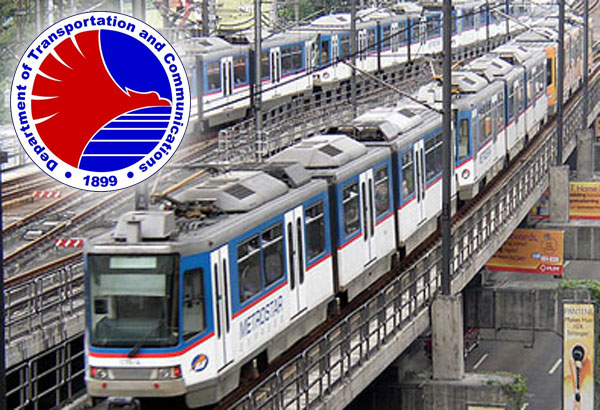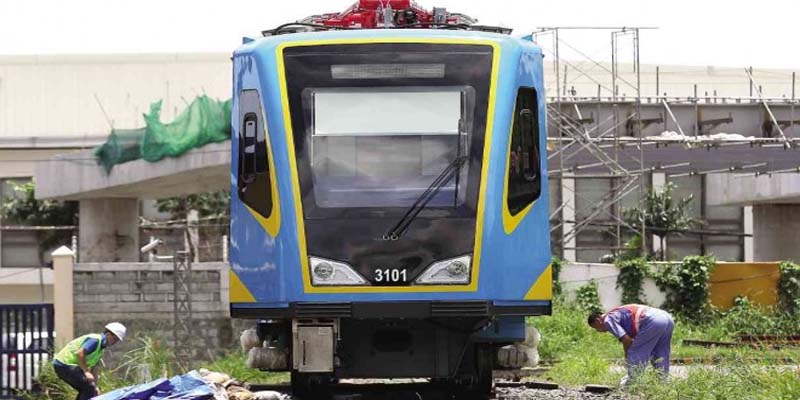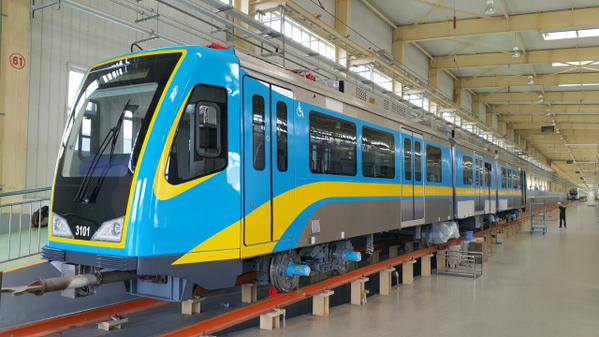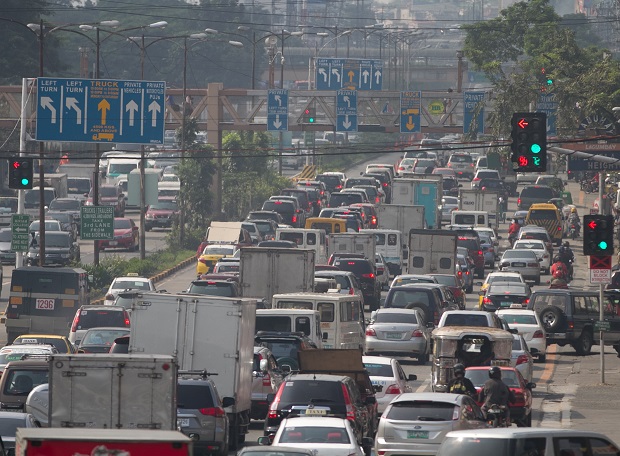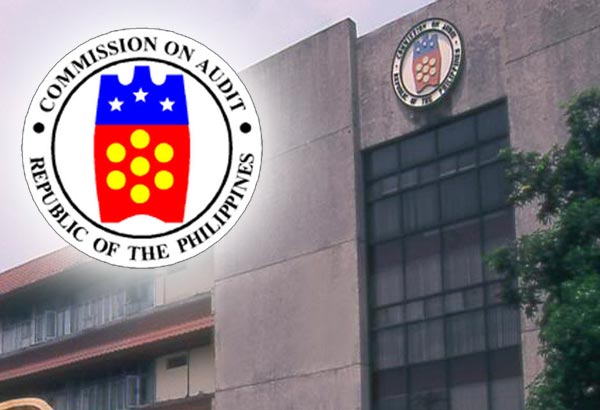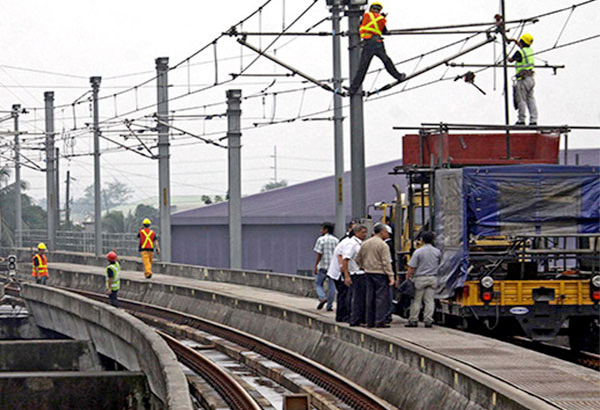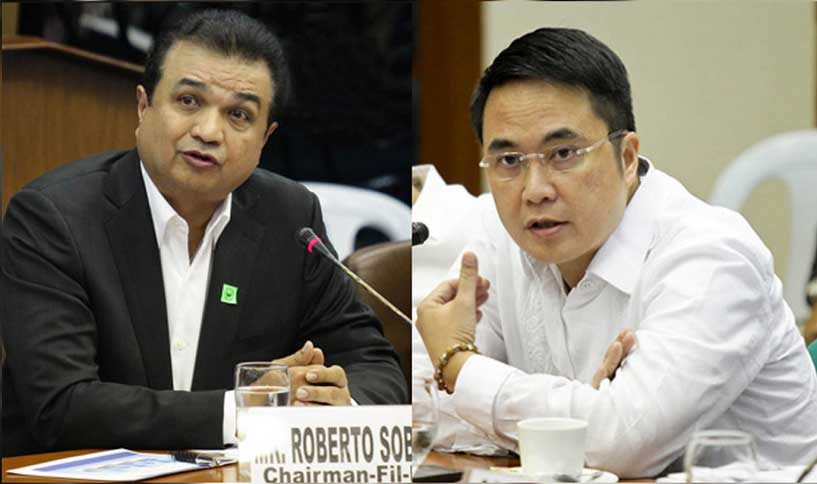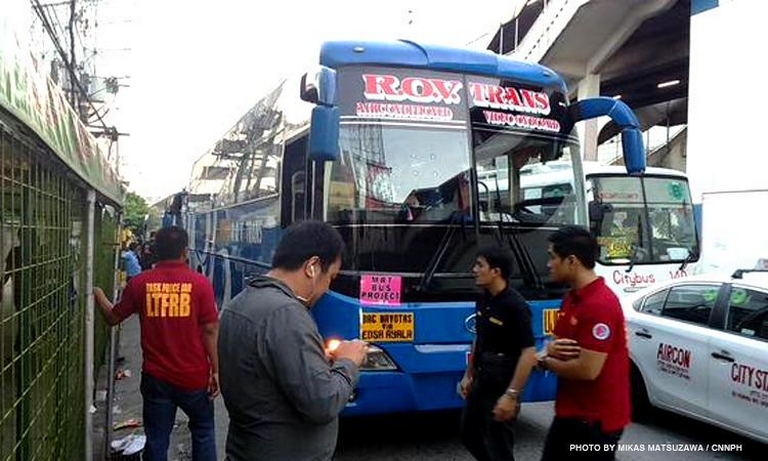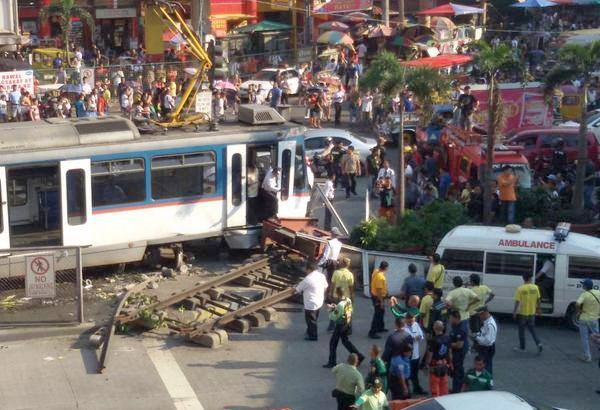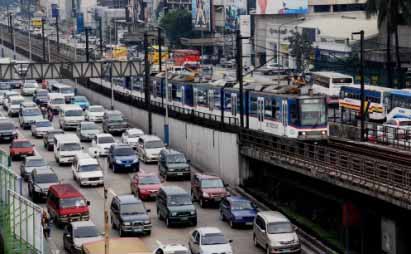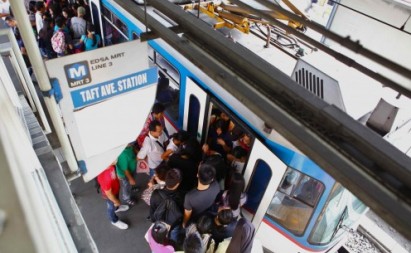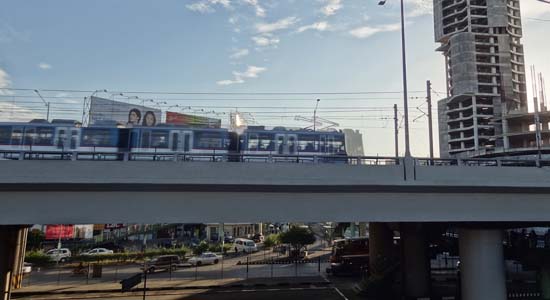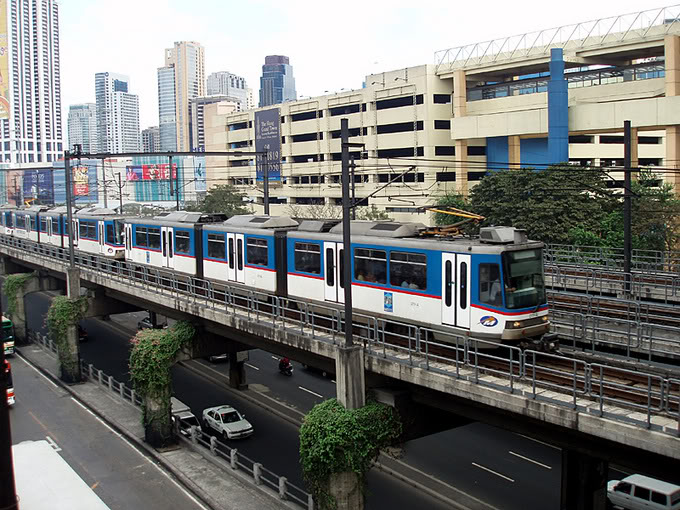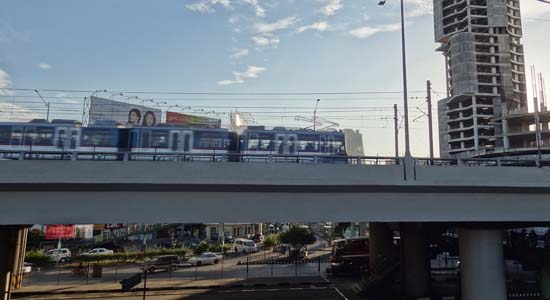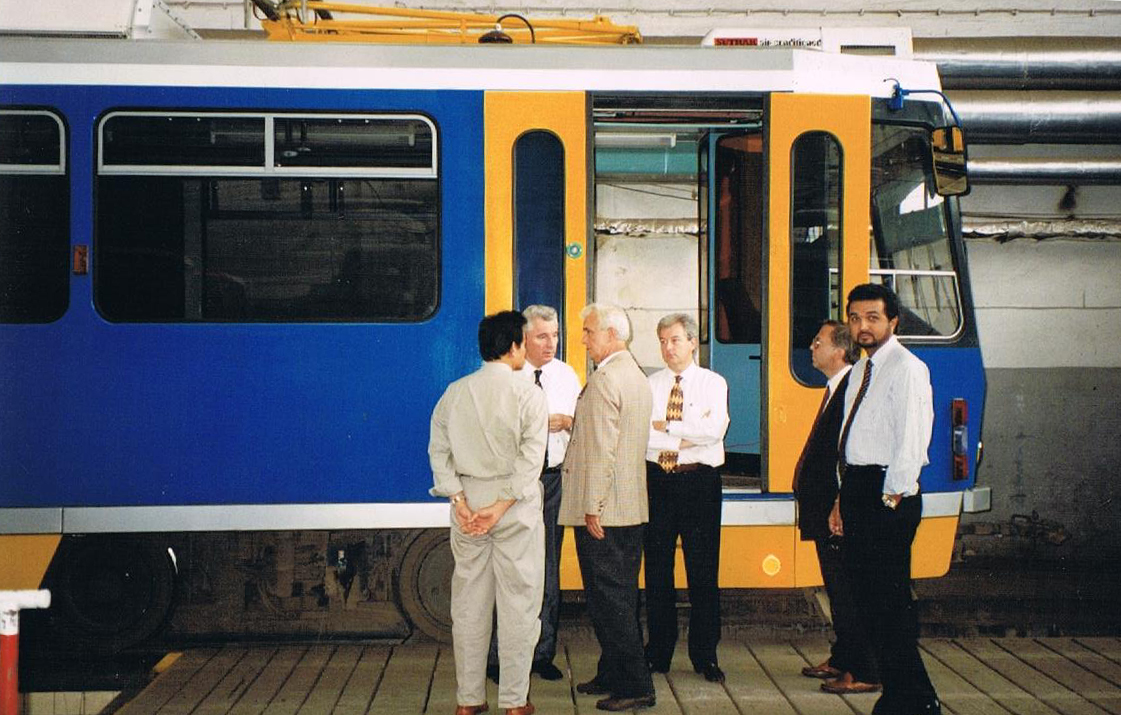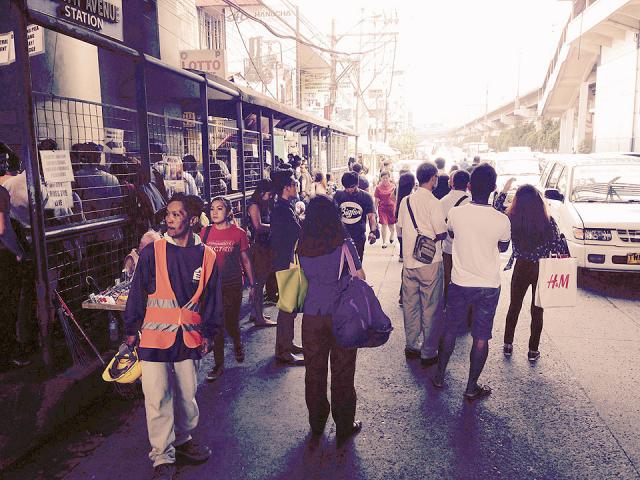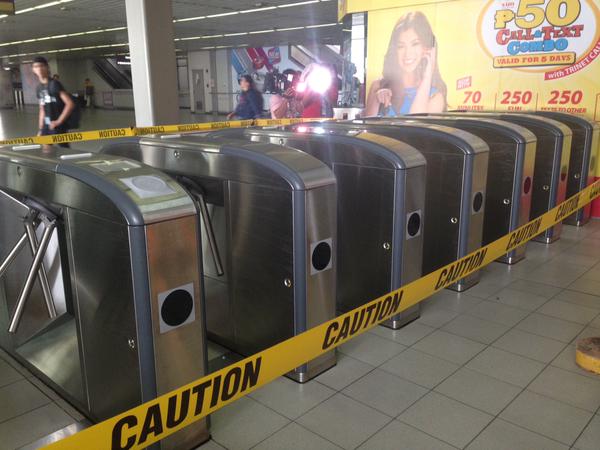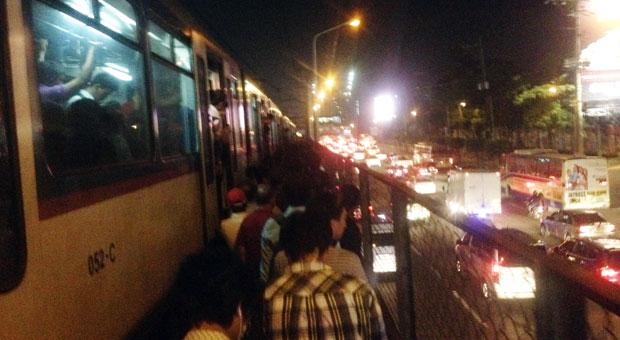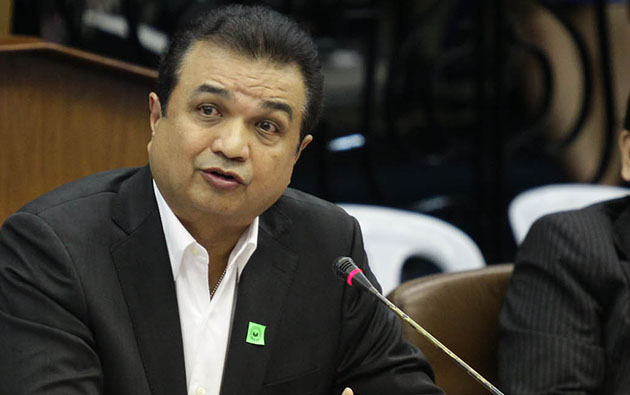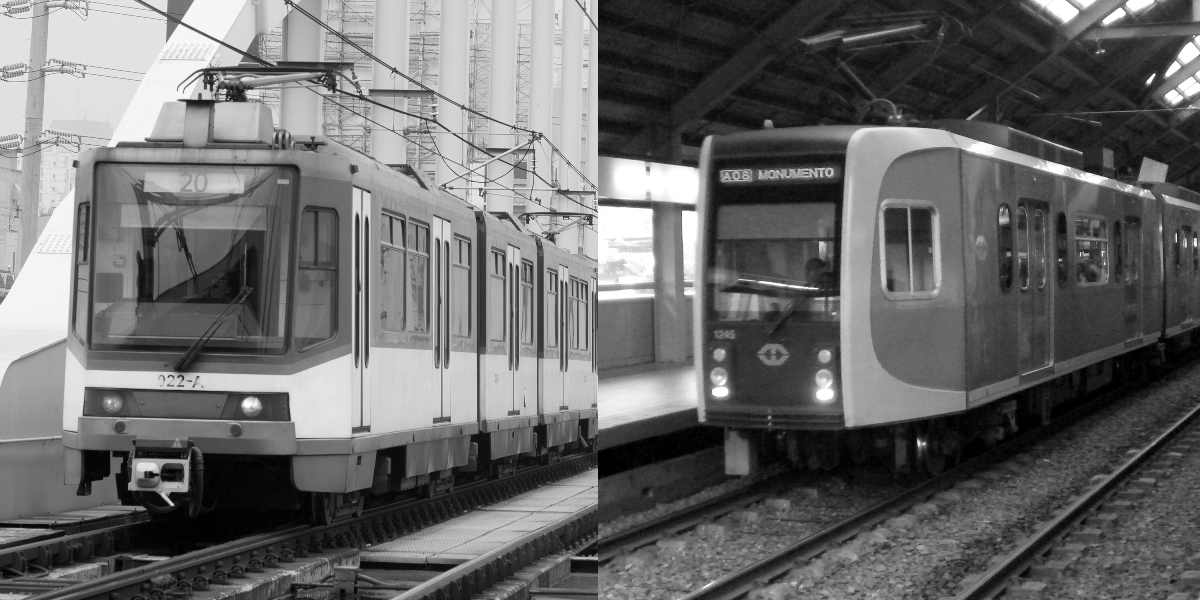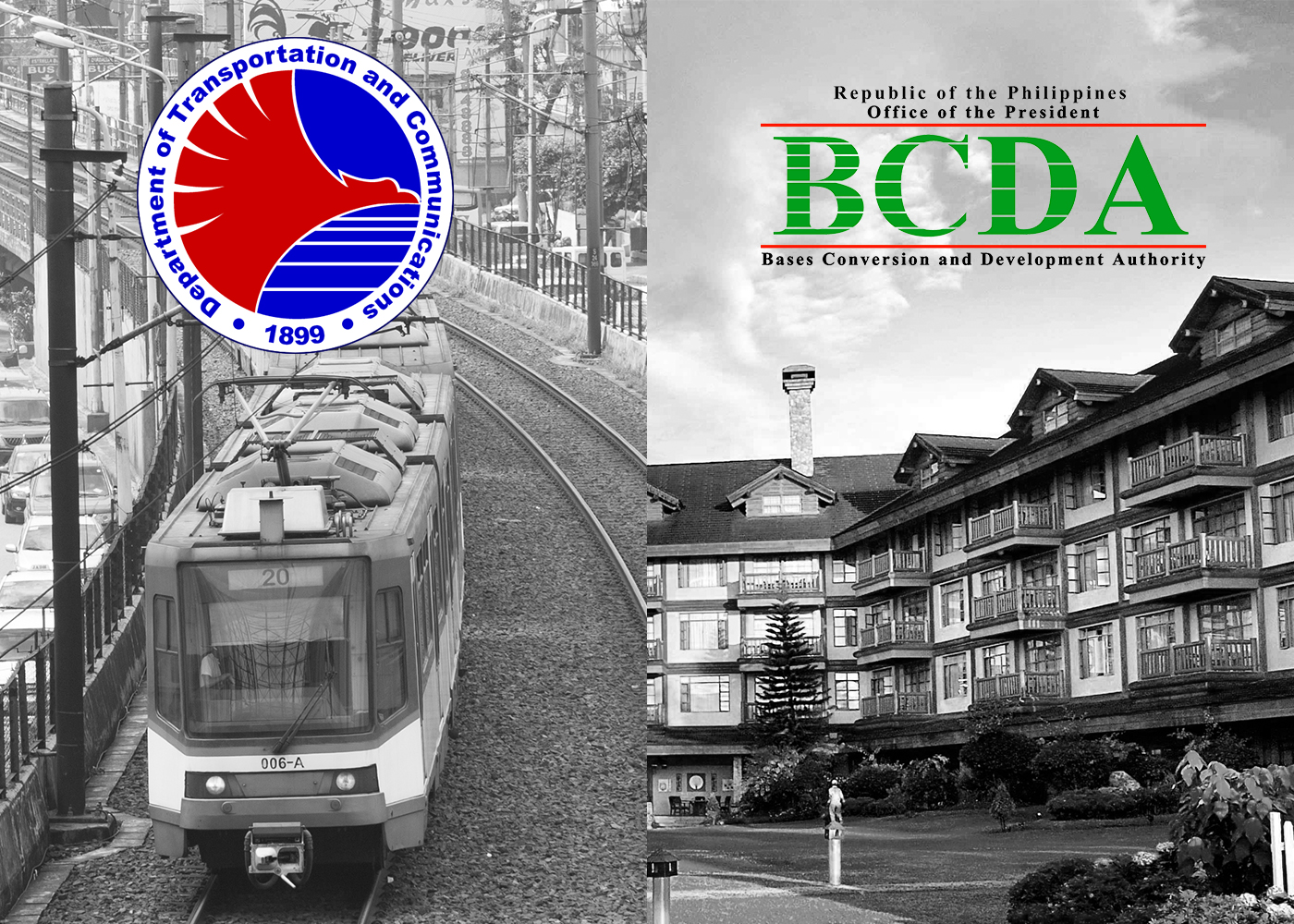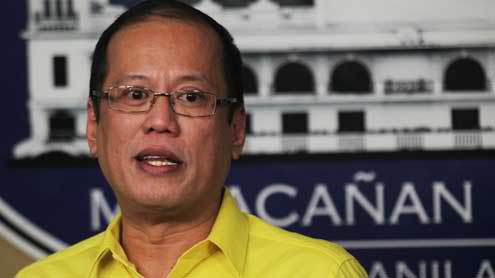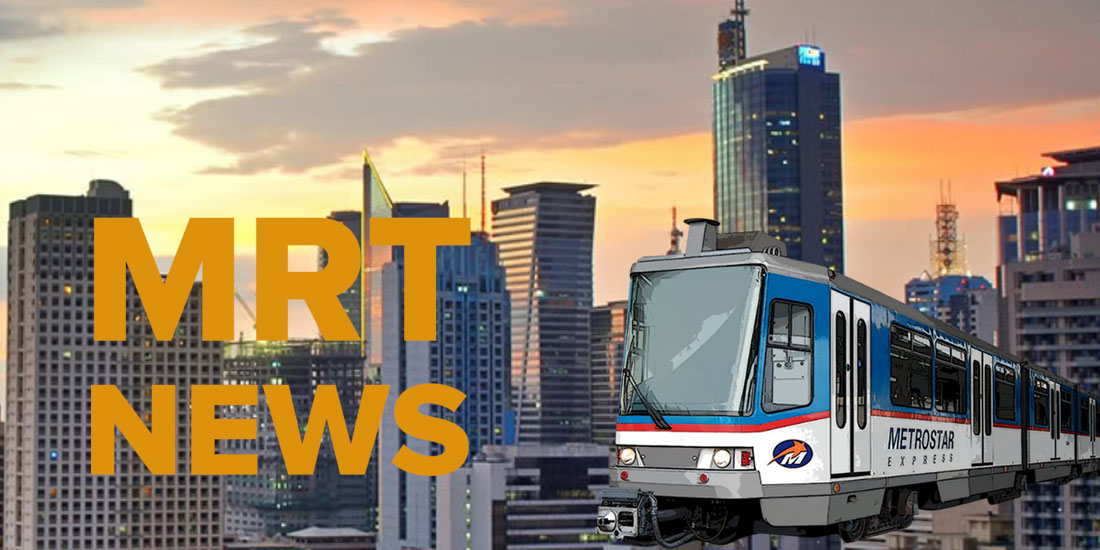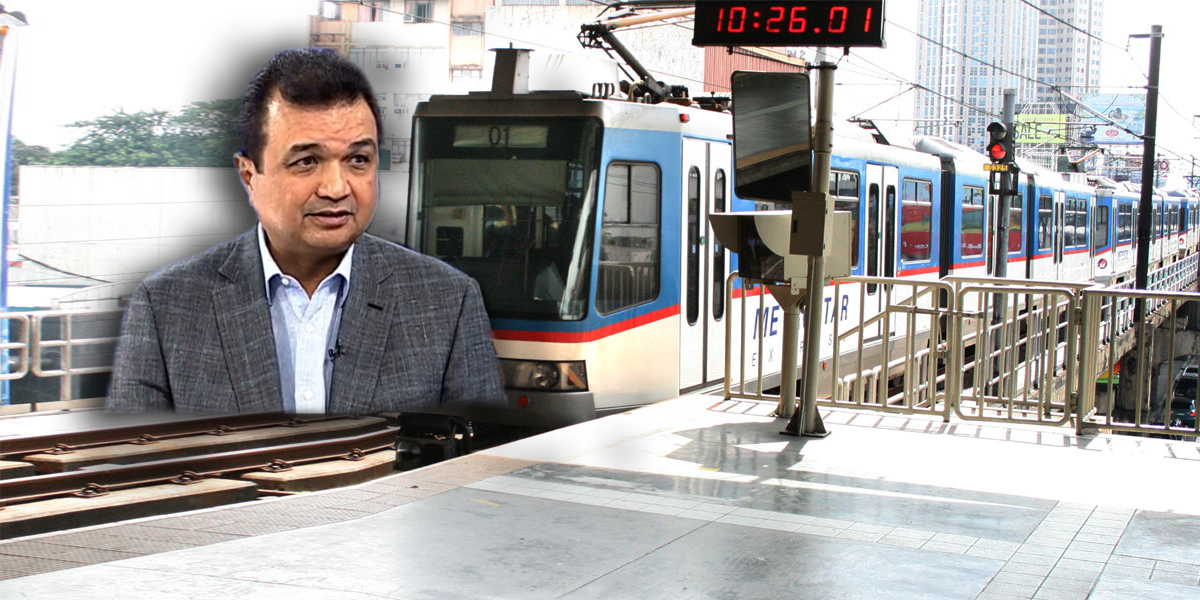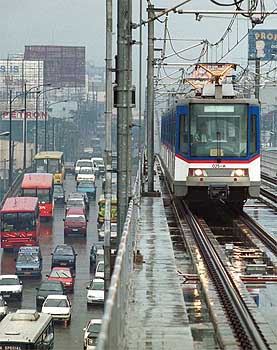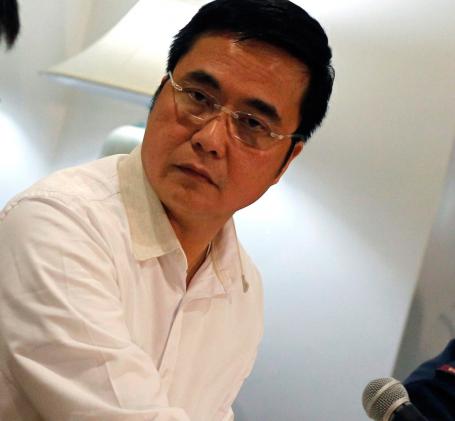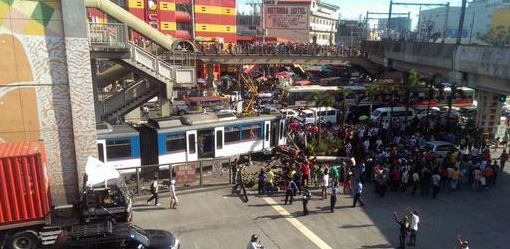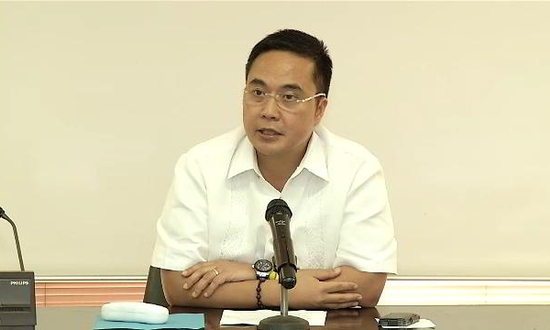By Marlen V. Ronquillo | September 9, 2014
The BART is a relatively ancient metro rail transit system that gets more efficient as it ages. From Oakland and the Berkeley area, its trains chug far into the vast expanse of Silicon Valley. Airport-bound passengers from the exurbs can take the BART for a cheap, seamless ride to San Francisco’s airport. The key? Good operations and maintenance work plus
professional management.
Efficient train systems everywhere, from the BART to the Acela, seem to revel in their ancientness.
In contrast, the 15-year-old MRT 3 is on track to attaining a dubious, embarrassing record – one of the worst urban rail system in the world. So young yet so decrepit. And dangerous. On August 13, one of the trains made a terrifying overshoot at the Taft station, injuring 30 passengers and terrifying the others.
The one to two-hour wait for rides under the most torturous weather condition is now the least of the worries of the MRT 3 passengers, which total half a million a day, who pack along rosaries to pray for safe trips. The postings on the social media sites on the daily horror of taking the MRT 3 tend to drown whatever good news the Aquino administration’s press hacks churn out on real and imagined accomplishments of the administration.
The MRT 3, the anchor of mass transport in Metro Manila, has scuttled all the efforts to present Metropolitan Manila to the word as a dynamic metropolis ready for the 21st century. There is no 21st century-ready metropolis with such decrepit state of mass transport. But the worst is yet to come in so far as the MRT 3 is concerned. Instead of looking at the root of the problem – and asking why the MRT 3 has technically and operationally sunk this low – the DOTC and the LRTA have remained in the denial mode and have been invoking all sorts of scapegoats to cover up the root of the problem.
The scapegoats have been so unbelievable that they could fit into the category of slapstick. It is either “old trains” or “ human error.”
The root of the MRT’s woes and mess ? Since 2012, after the long-time operations and maintenance contractor was kicked out by LRTA flunkies, the operations and maintenance job has been passed on to crony firms, mostly owned and staffed by Liberal Party campaigners from Pangasinan, whose expertise is incorporating instant companies that would take over operations and maintenance contracts worth hundreds of millions of pesos.
The first crony contractor had for its main incorporator a next of kin of the wife of fired LRTA Administrator Al Vitangcol. The second contract was facilitated by one of the dubious personalities in the original group, a political operative for the LP in Pangasinan. If the contract were for janitorial services, it would not have been that bad. But this is a contract so critical that it involves the lives of tens of thousands of MRT riders daily, and worth, at the very least, half a billion pesos a year.
From an incompetent crony firm to another dubious crony firm. The first contract to PH Trams segued into the second contract to APT Global with clear and full blessing from the DOTC and LRTA managers, who had deemed early on that the affairs of the MRT 3 are exempted from the “ tuwid na daan” decree of the Aquino administration. The cronyism practiced at MRT 3 is so out of this world that whenever President Aquino hectors the nation on “ integrity,” his detractors could simply respond with the stink of MRT 3.
Meanwhile, all appeals from the private operators of MRT 3 for the undertaking of an independent technical audit of the state of the tracks and the trains have all fallen on deaf ears. The DOTC and the LRTA leadership are clearly afraid of the obvious —the great unraveling of the crony maintenance firms and their fantastic incompetence.
The mix of cronyism and complacency, the governing guidelines of the DOTC and the LRTA on the affairs of the MRT 3, were to unravel in an inquiry conducted by the Senate on Sept. 1, which the senators used as a forum to grill the government managers on the sad state of the MRT 3.
But the government managers deftly played cover up and steered the Senate discussion into side issues that had nothing to do with basic agenda of keeping the trains safe for the sake of the riding public. DOTC Secretary Joseph Abaya and Finance Secretary Cesar Purisima instead talked about the planned full state takeover of the MRT 3 through the equity value buyout (EVBO) scheme. Both dropped the figure of P53.9 billion to make sure that the money involved was large enough to stir the interest the media people covering the Senate hearing.
But those in the know sensed it was all a diversionary tactic. The EVBO and the P53.9 billion were cited to divert attention from the real issue – the decrepit condition of the MRT 3 maintenance and the dangers such pose to the daily metropolitan commuters.
The P53.9 billion, in turned out, was just the sum needed to buy out the holders of MRT bonds now with the Land Bank of the Philippines and the Development Bank of the Philippines. The MRT’s private owners will have no settlement with that amount.
The efforts of the two Cabinet members to steer the Senate hearing away from the central issues of humans safety and the decrepit state of the MRT 3 trains succeeded – but only temporarily.
The last word on the Sept. 1 Senate hearing came from David Narvasa, spokesman of the MRTC, the private owner of MRT 3. He said: “ An equity value buyout will not address the problem of safety. The problem of safety can only be addressed by getting a qualified maintenance provider.”
How true.
He could have added this : “ And by ridding MRT 3 of cronyism, corruption and chronic incompetence.”

 Twitter
Twitter Facebook
Facebook